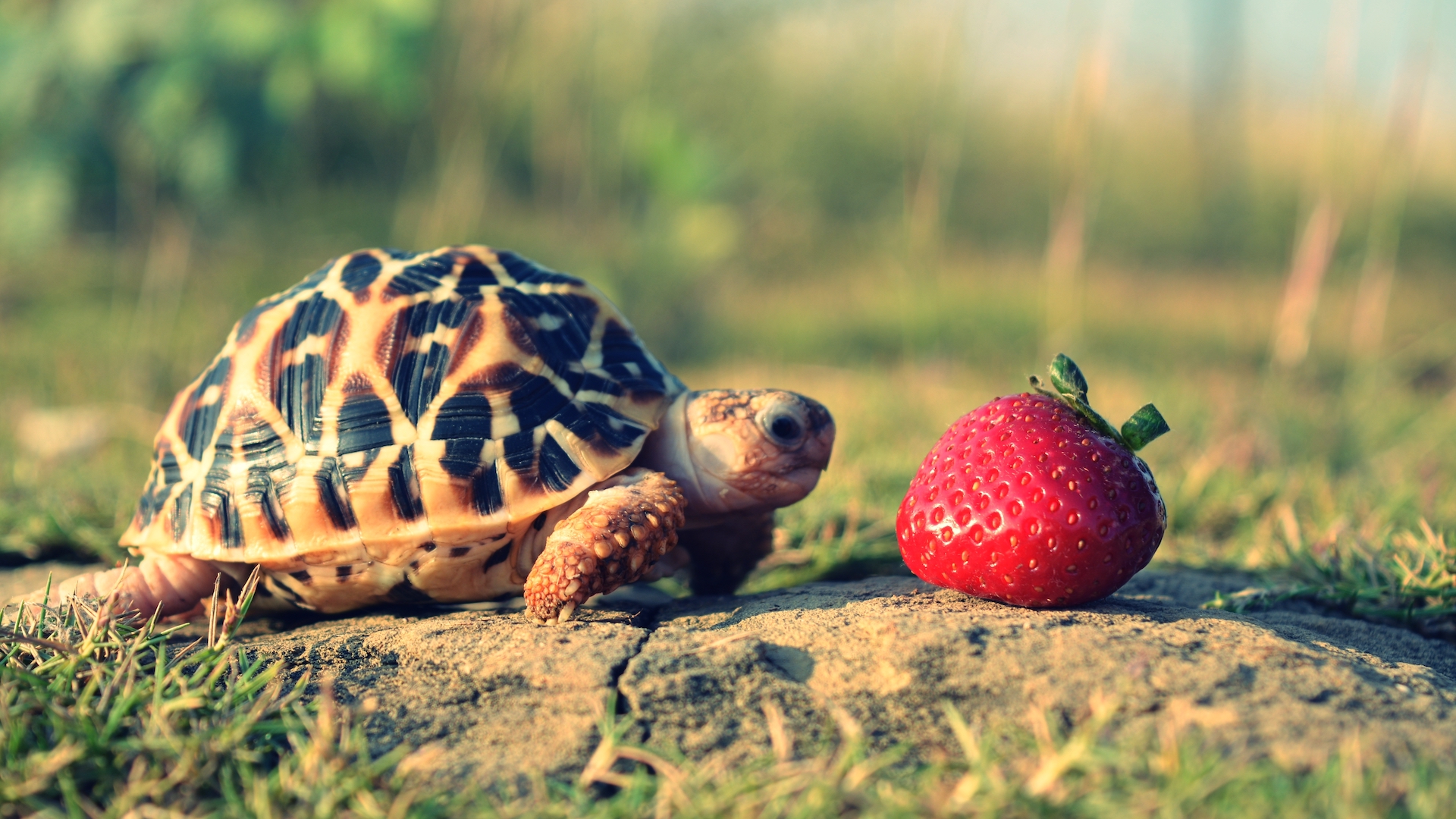
Feeding a pet turtle or tortoise may seem simple – just offer a mix of vegetables, the odd fruity treat, a bit of meat here and there or scraps from the table. But there’s more to it than meets the eye. When it comes to what do pet turtles eat, these reptiles have specific dietary needs shaped by what they’d naturally eat in the wild, and not all foods – nor all turtles – are created equal. One of the amazing turtle facts is that some turtle species are meat eaters, others omnivores, happily munching on a variety of meat, fish, and plants, while many types stick strictly to vegetation.
And what’s safe for us to eat can be harmful to them; even common plants can be toxic to turtles and tortoises due to compounds they can’t break down. To keep them healthy, it’s crucial to understand what’s safe and what isn’t. In the wild, turtles and tortoises know what to avoid, but in captivity, they depend on us to make those decisions. The wrong foods – even seemingly harmless fruits or veggies, or processed snacks we enjoy – can lead to digestive issues or even life-threatening conditions.
Let us guide you through some of the foods that are off-limits for your shelled friend, helping you to replicate their natural diet as closely as possible, for a long and healthy life.
32 foods pet turtles should not eat
1. Processed meat
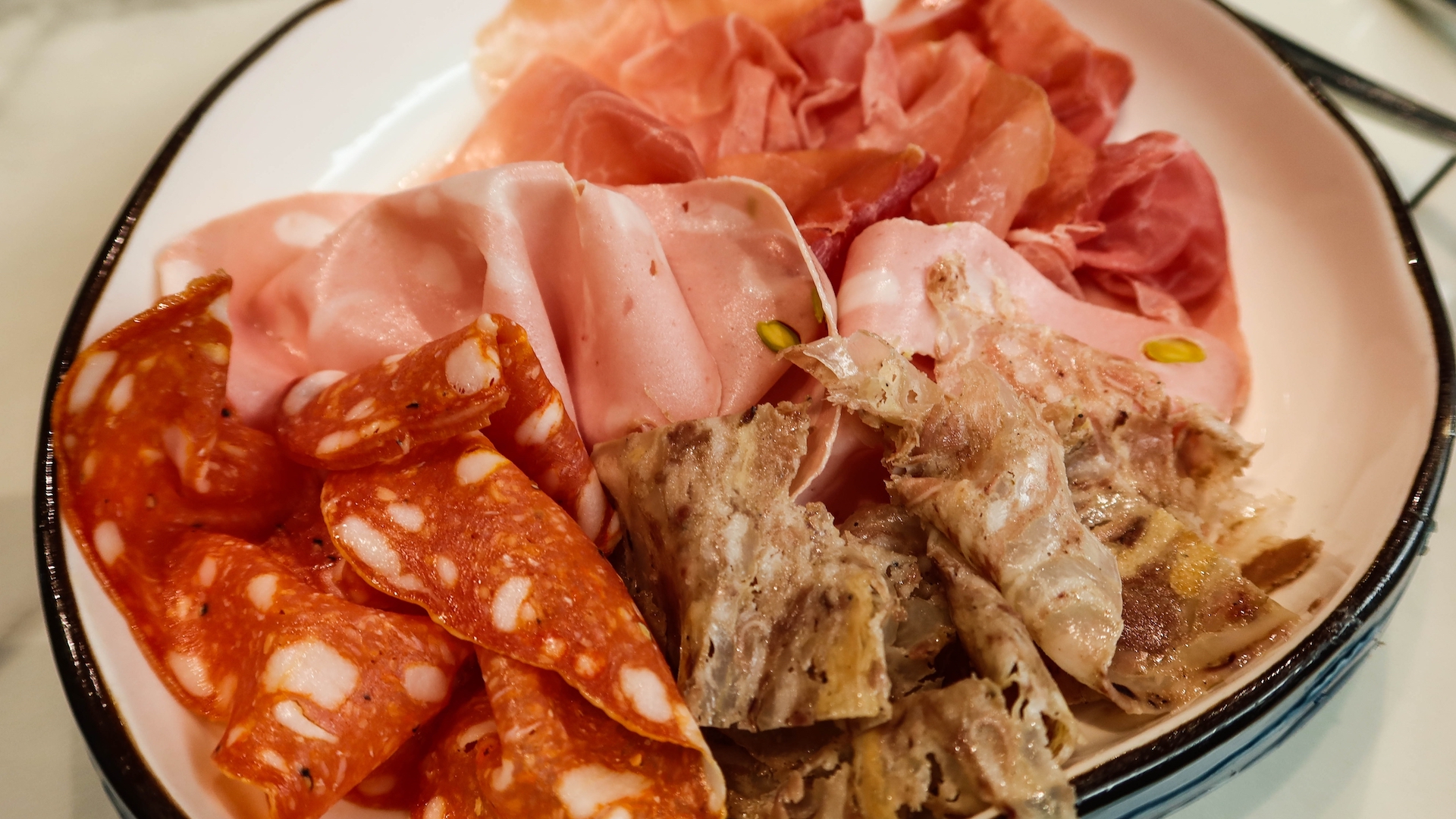
Even if you have a carnivorous or omnivorous turtle, processed meat such as salami, sausage, and bacon, could be harmful. These meats tend to contain preservatives such as nitrates, salt, and other chemicals which are unhealthy for a turtle’s digestive system. You wouldn’t find anything resembling processed meat in the wild – which is a good all-round tip.
2. Bread
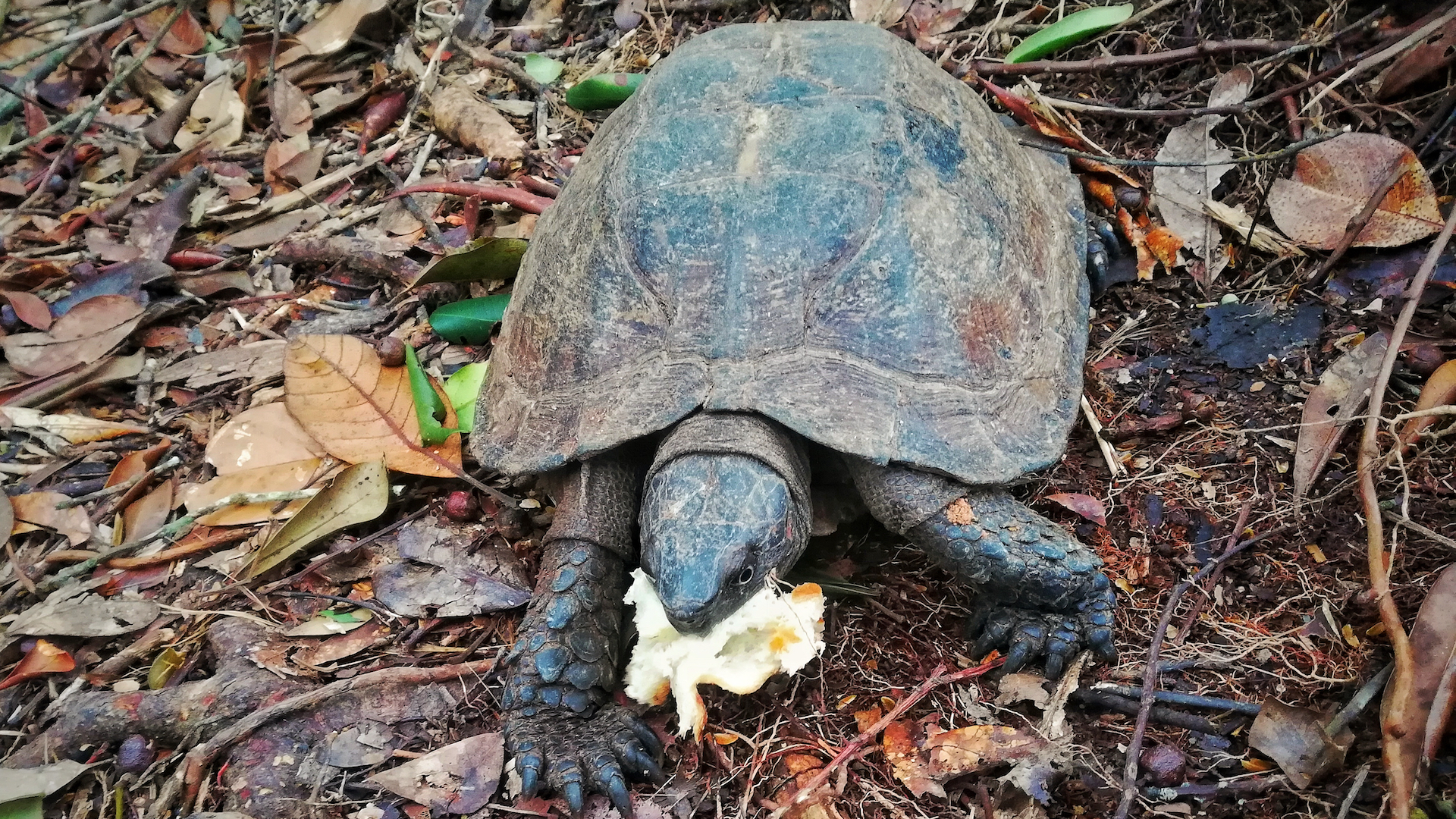
Most starchy carbs have no nutritional benefit to turtles, and the denseness of bread makes it difficult for turtles to digest – plus if it’s a commercial loaf, it’s likely to contain preservatives.
3. Oranges
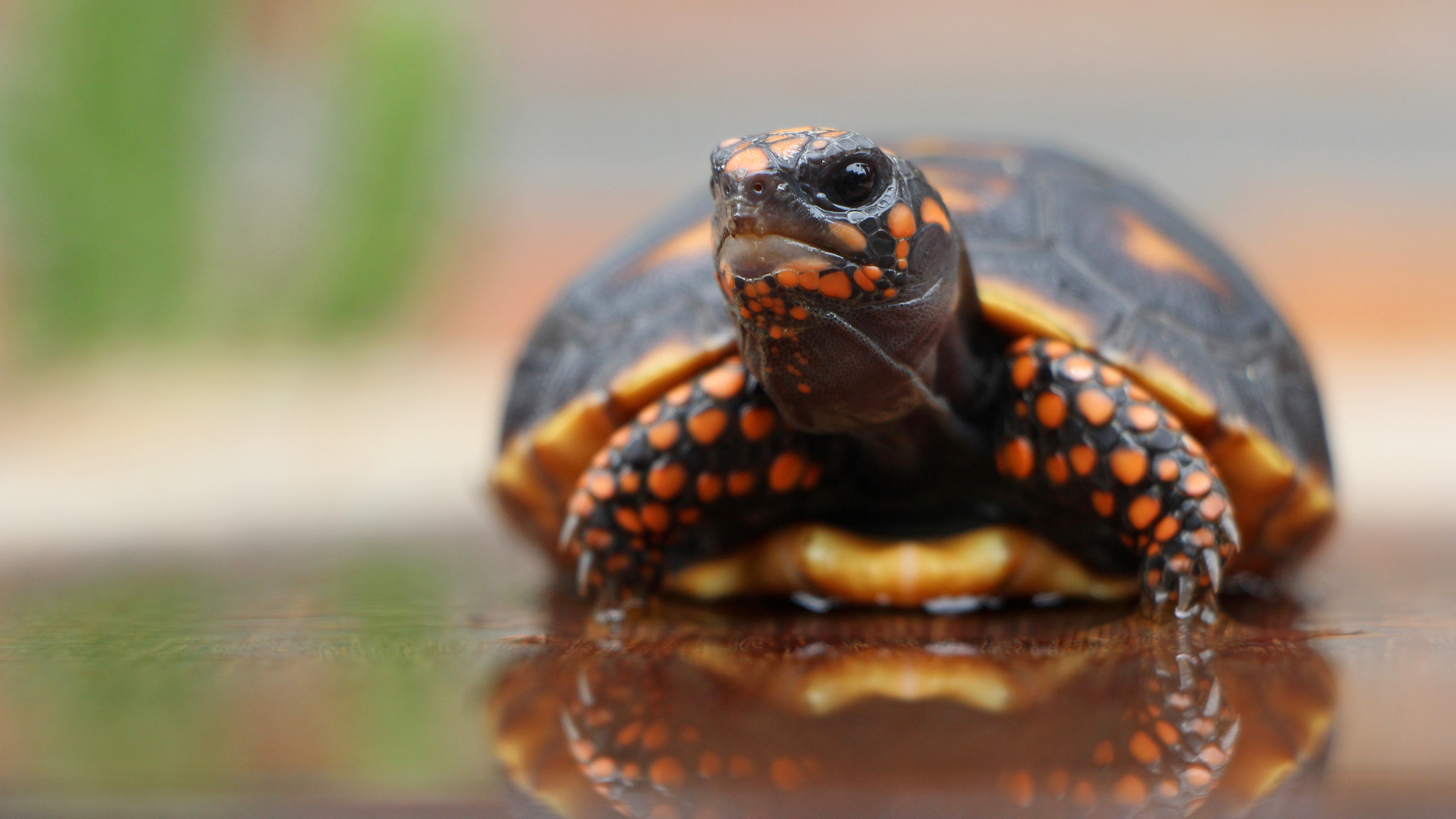
While the effects of citrus fruits on turtles are not precisely known, it is likely that the sugar and acid will upset their natural gut flora. They are high in oxalates which can lead to health issues.
4. Avocado
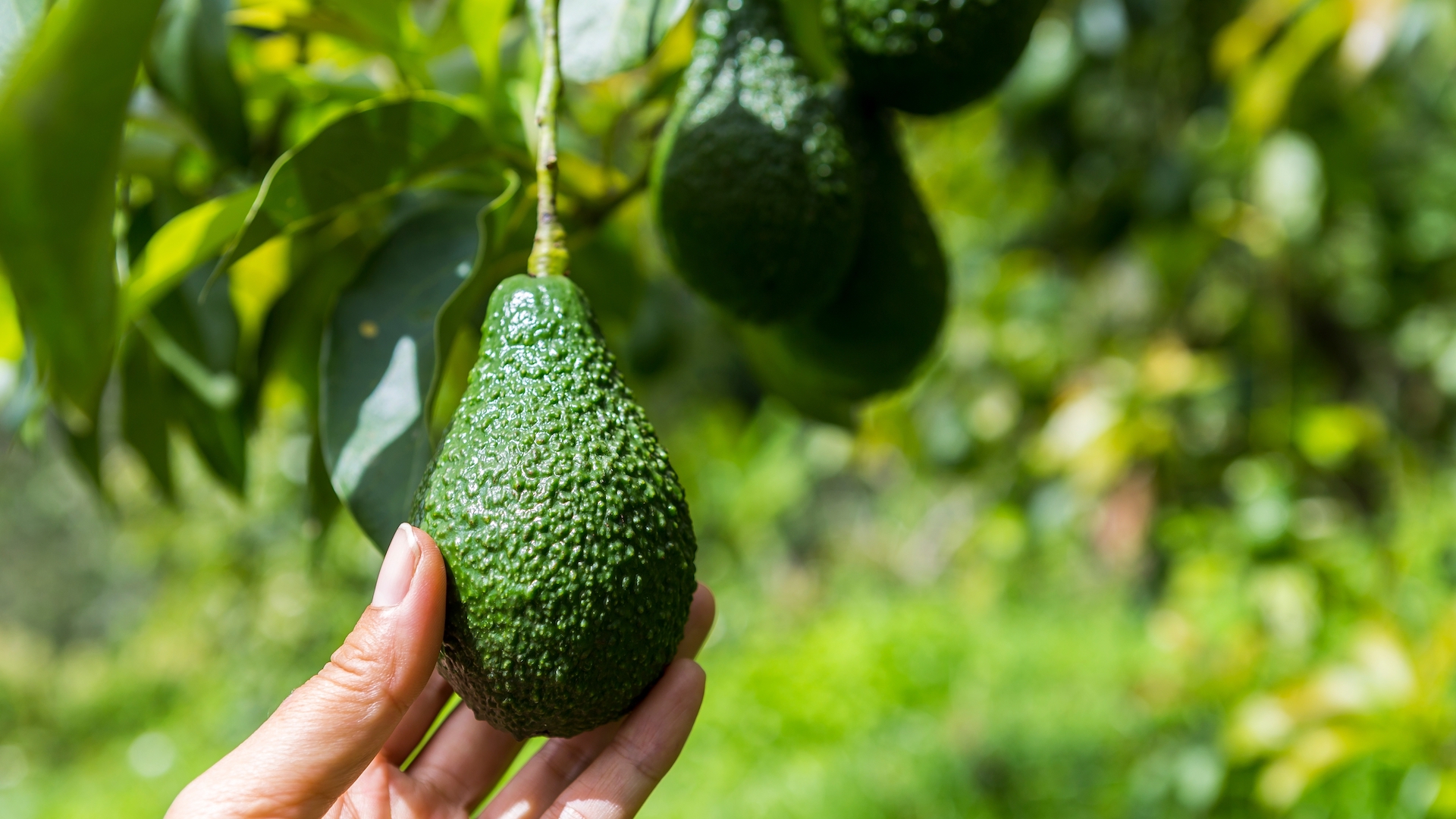
All parts of the avocado – flesh, roots, leaves, bark, flower, stone, and peel – are toxic to tortoises, producing moderate to severe gastric upset thanks to the presence of persin. This is dangerous for other reptiles and amphibians so don’t risk it on your turtle.
5. Lemon
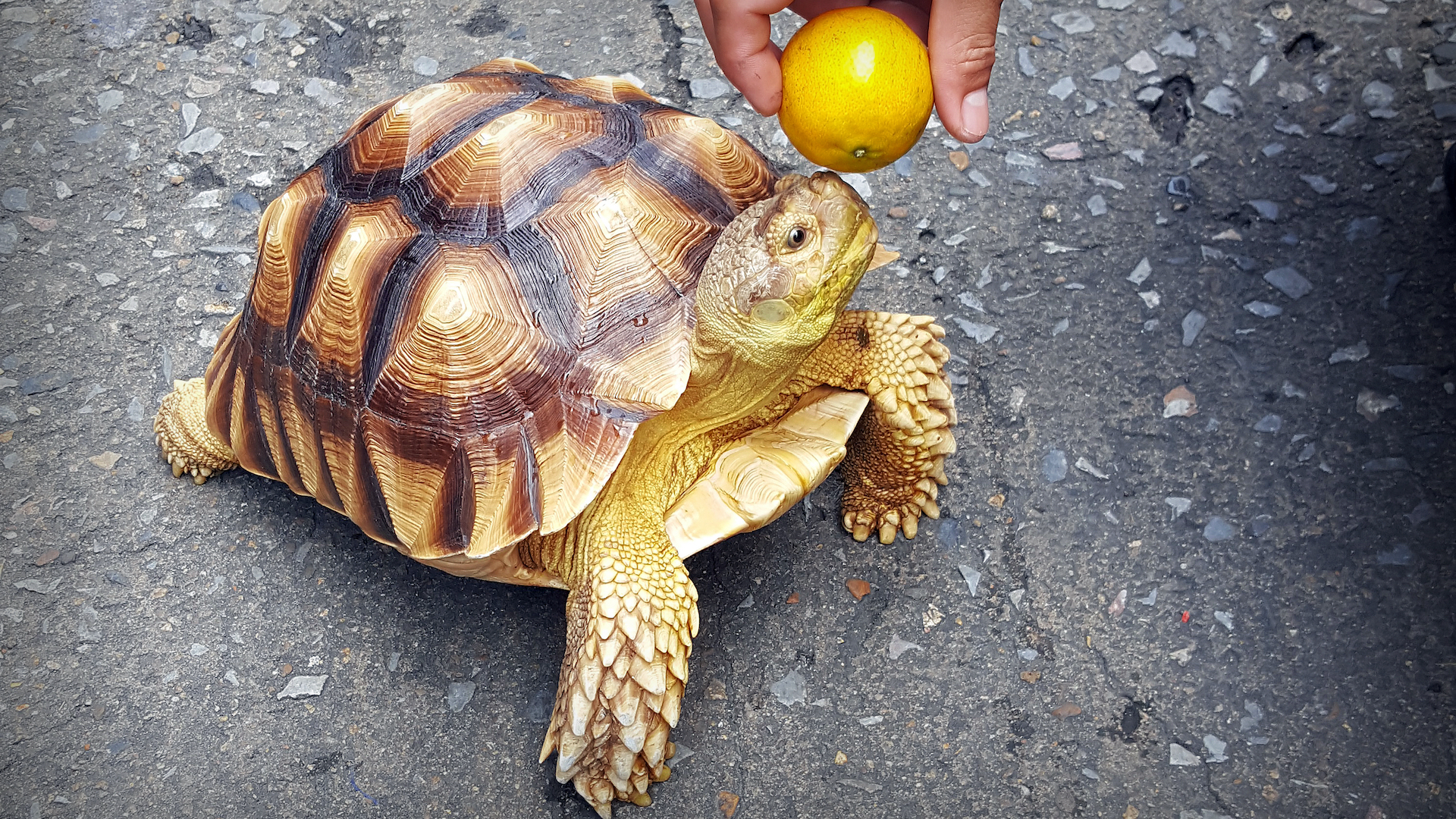
As with other citrus fruits such as grapefruit, orange and satsuma, the active ingredients in lemons can cause gastric problems in many animals, and most probably turtles, too. High in sugar and acid, they are likely to upset the natural gut flora.
6. Corn
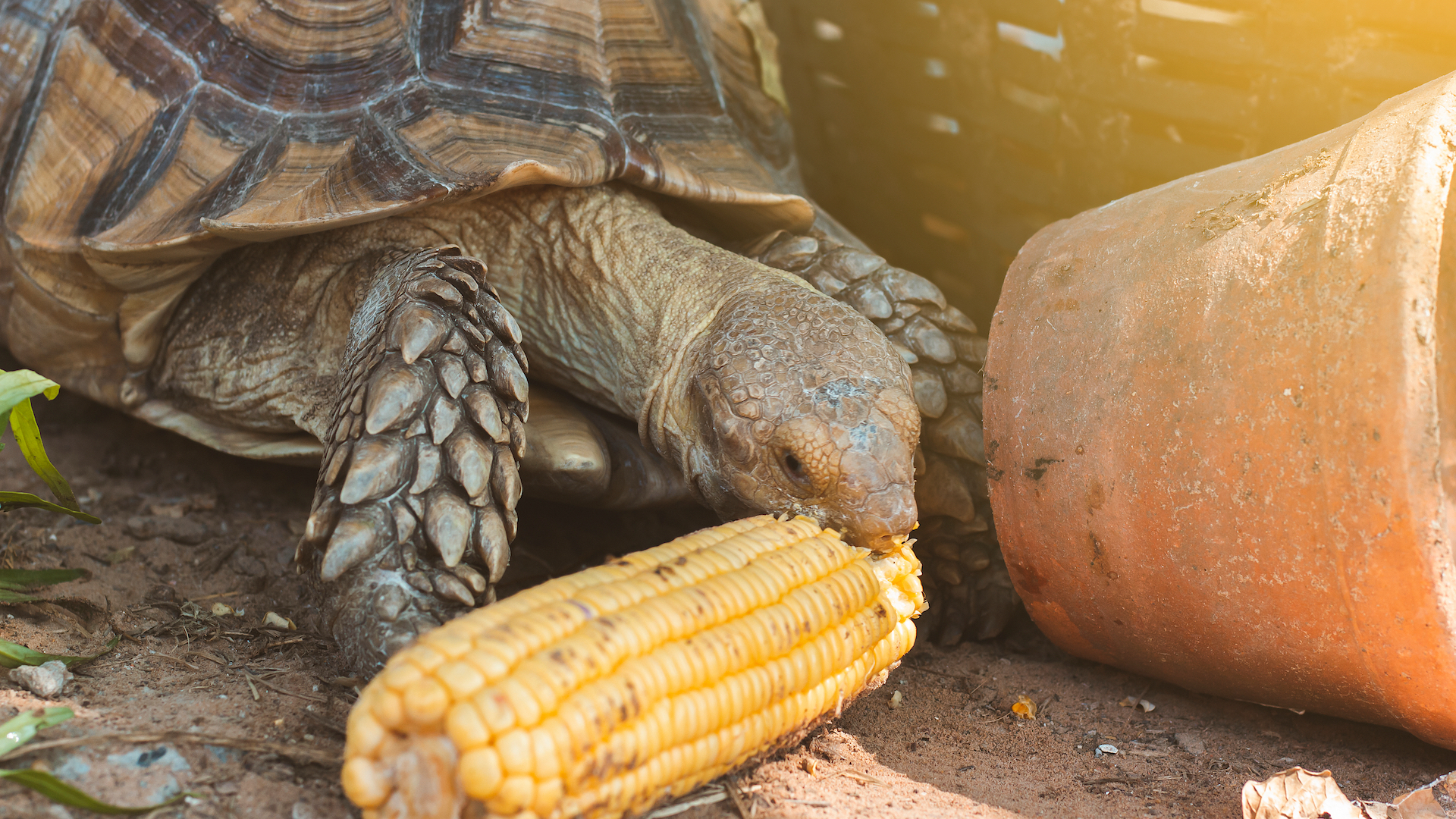
While the leaves of maize are turtle-edible, the corn itself (either the ears or cobs) can produce a serious, sometimes fatal, reaction. Sweetcorn is very high in phosphorus, protein, and sugars, which can ferment in the gut.
7. Daffodils
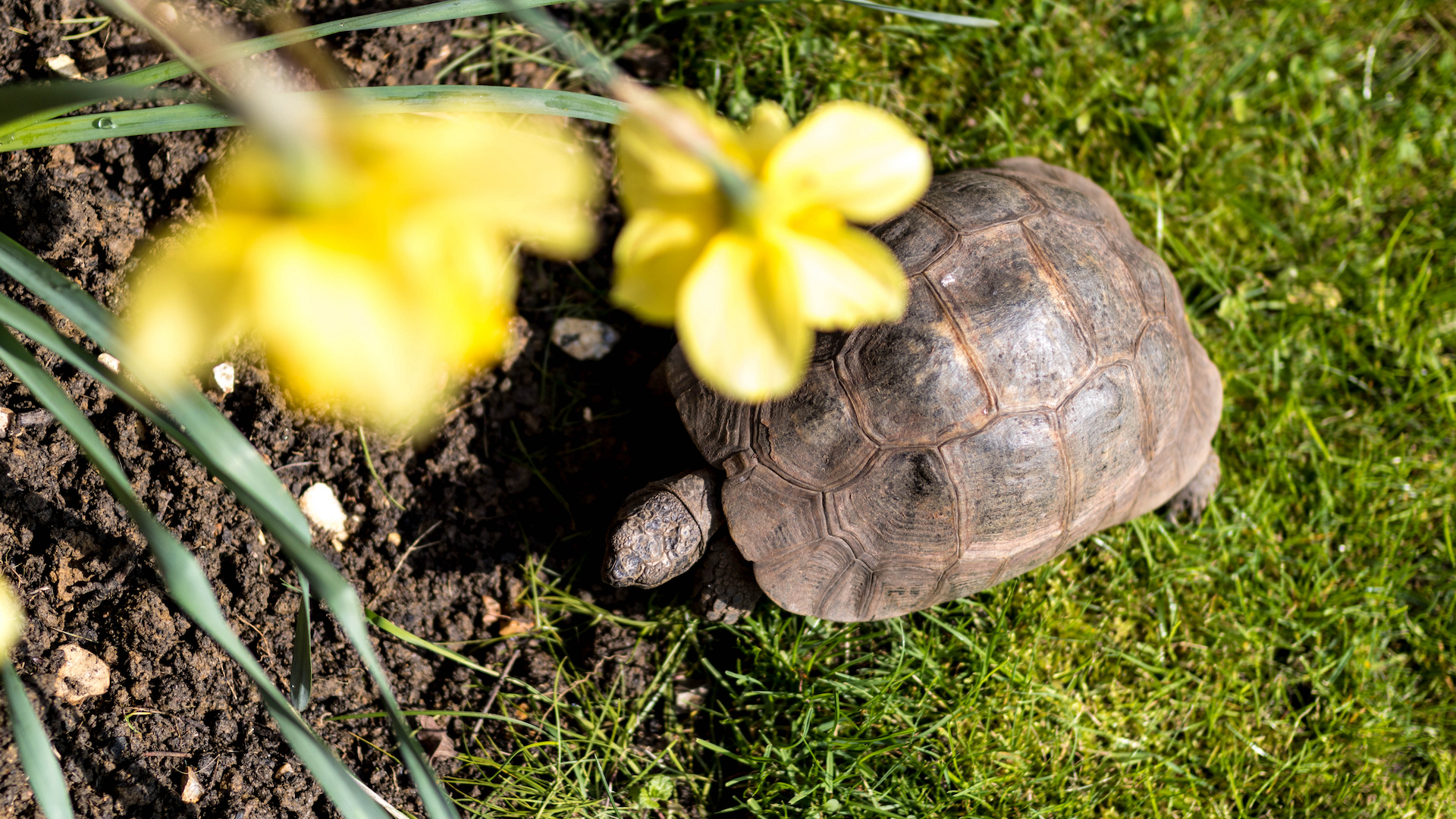
Daffodils and their cousin the narcissus adorn our gardens and wild areas in springtime, but keep your tortoise away from these appealing flowers, which can have violent effects on our shelly friends. All parts of daffodils are poisonous, causing vomiting, diarrhea and even seizures, which can cause damage to the nervous system and heart.
8. Mackerel
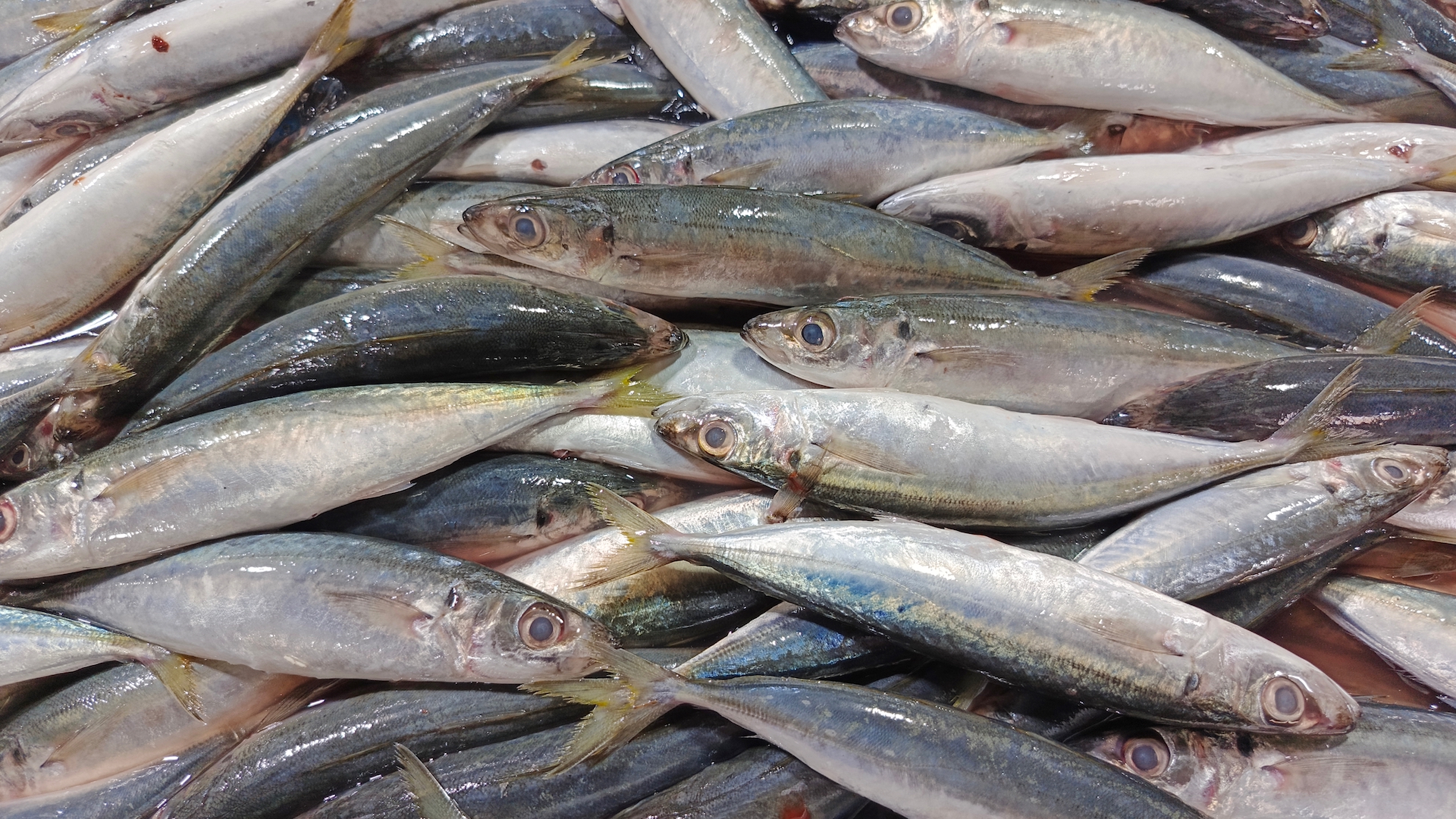
Aquatic turtles enjoy a bit of fish in their diet, but oily types such as mackerel are very high in fat, which can upset their nutritional balance, and lead to vitamin E deficiency. Watch out, because they love the smell and taste of it.
9. Iceberg lettuce
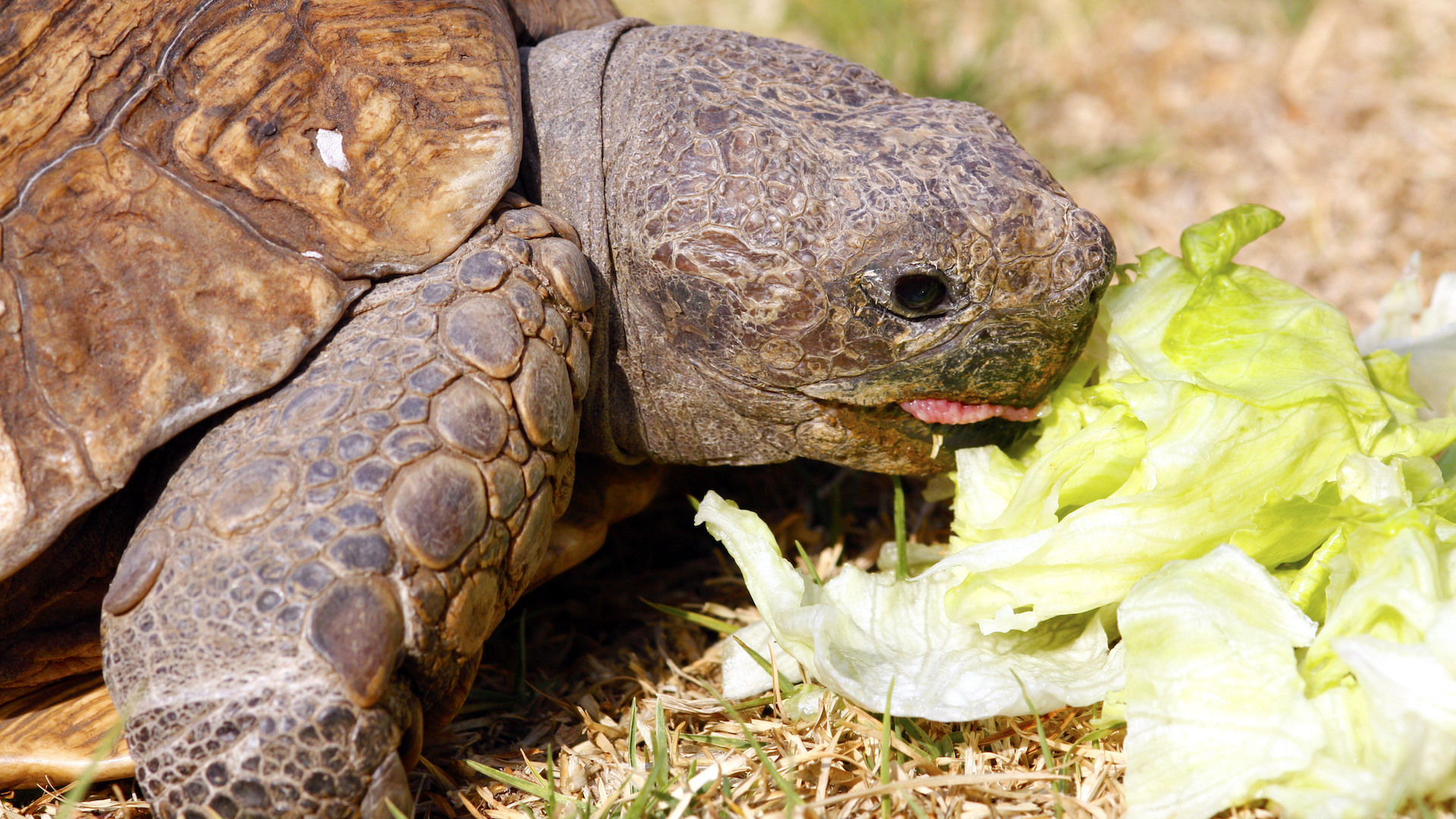
It’s an iconic picture, a happy tortoise chomping on a pile of lettuce, but iceberg letttuce is not an ideal meal. While it’s not poisonous, it has very low nutritional value and they’d benefit more from some more colorful leaves, such as radicchio or red leaf lettuce. However, if they need hydrating, the iceberg could do the job.
10. Cheese
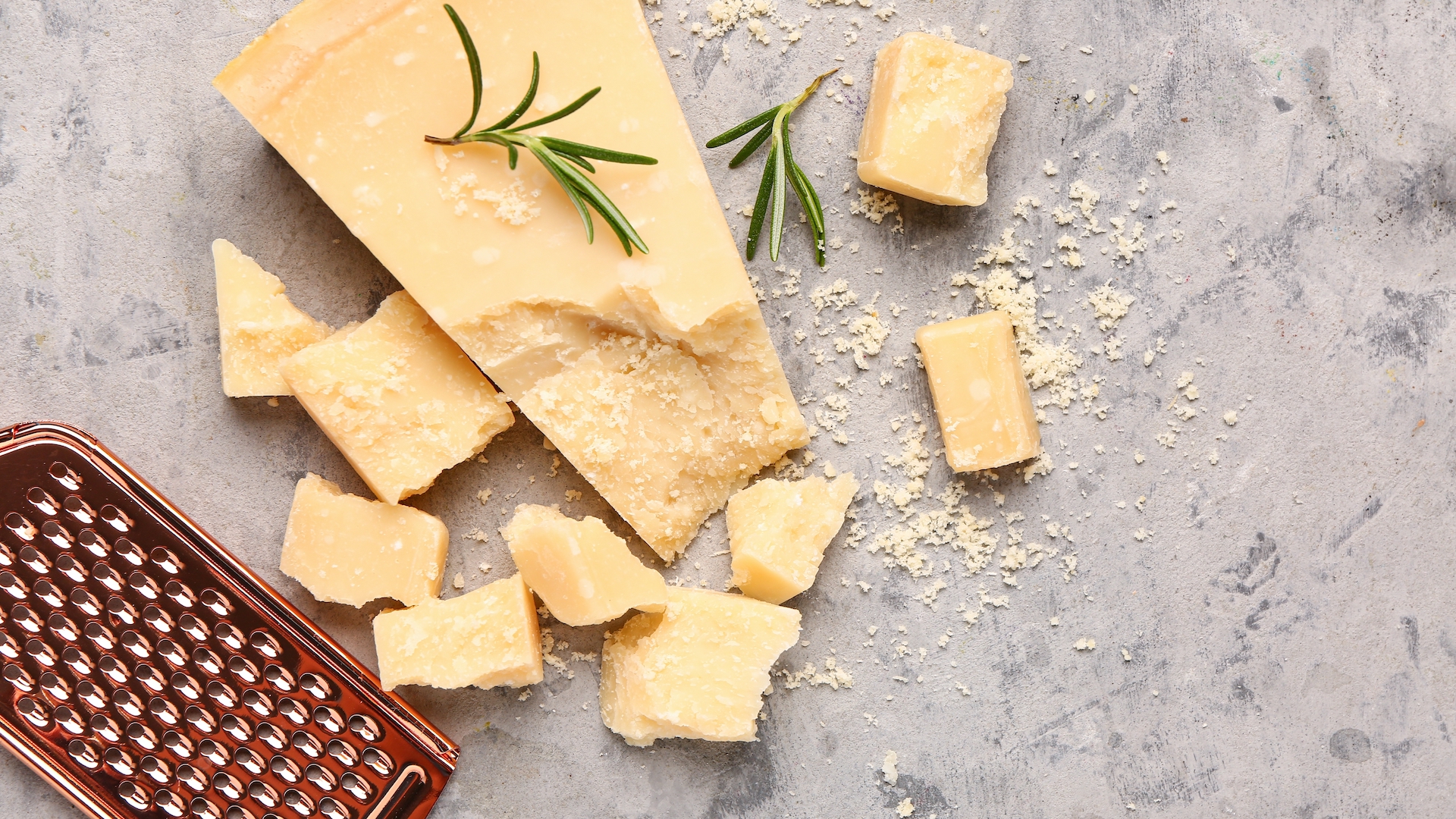
In the wild, turtles would never eat dairy products and cheese is no exception. It is too high in protein, fat, and energy, and turtles are actually lactose-intolerant, meaning they cannot digest it properly.
11. Chocolate
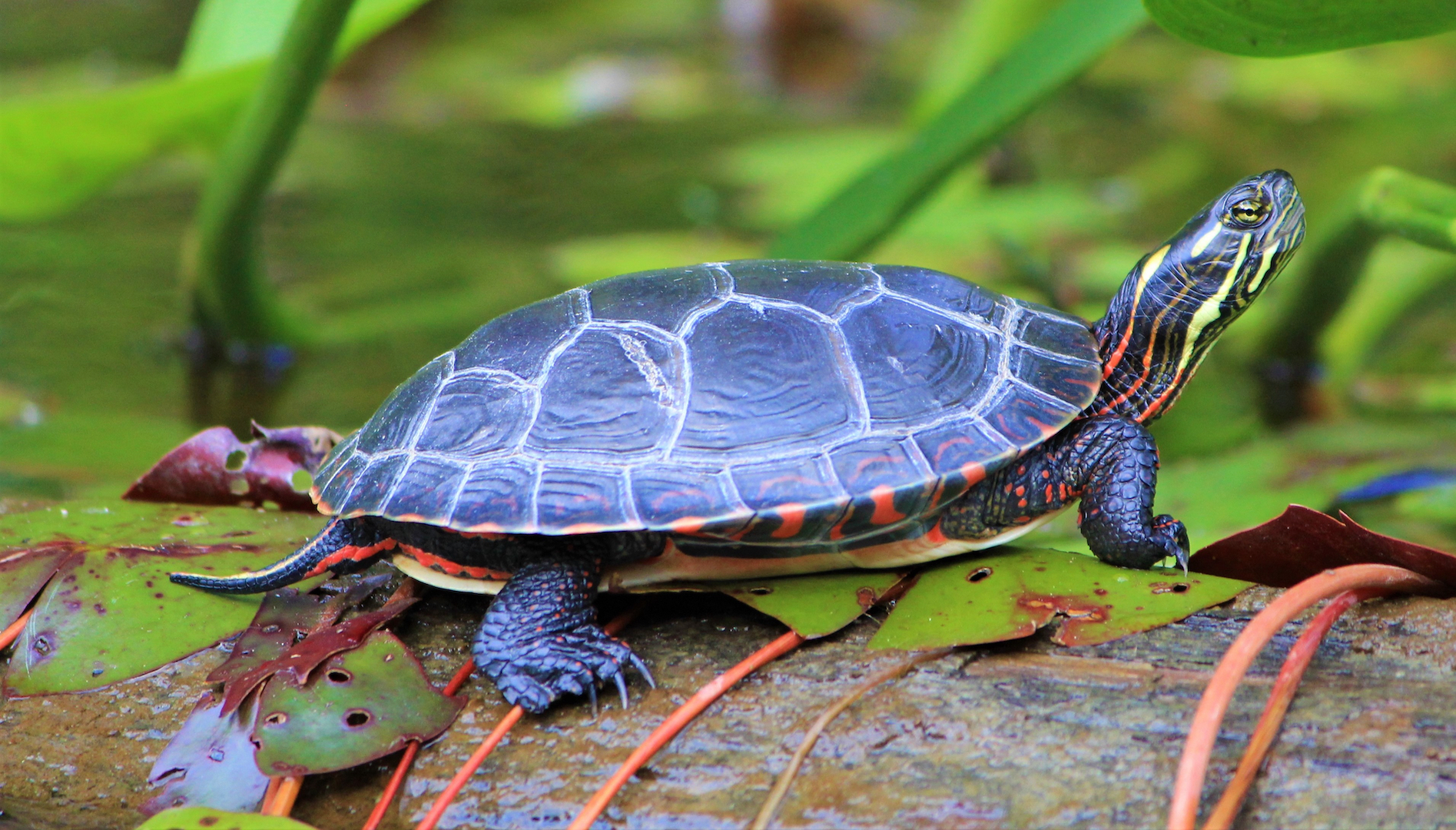
We hear you – why would anyone deny their friend a square of chocolate? Alas, chocolate is toxic to most animals. It contains theobromine, caffeine, sugar, and dairy – all of which are off-limits for turtles. All the more for you then...
12. Nuts
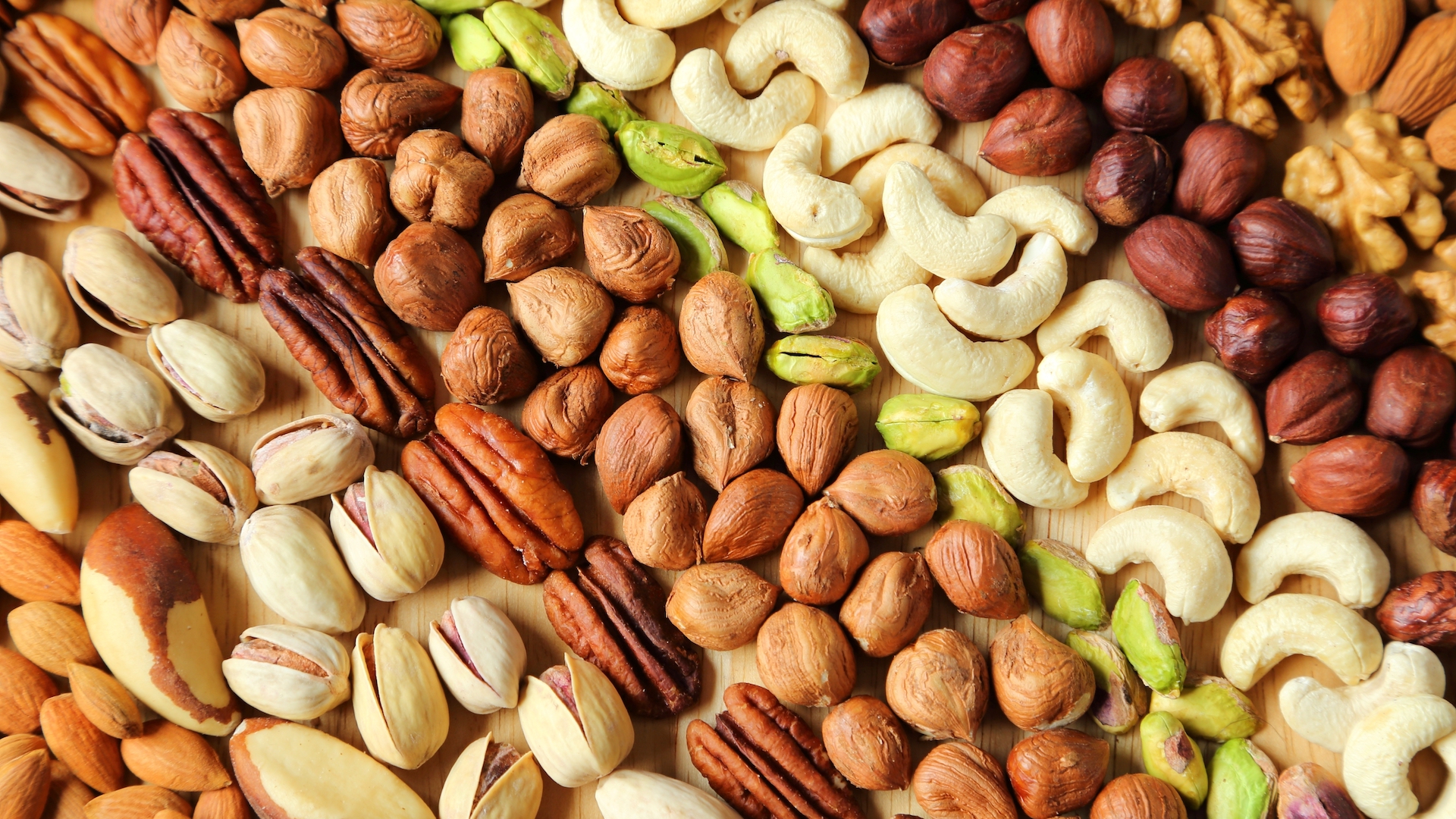
Nuts are a natural food that you should never feed your turtle. They contain phytic acid, which inhibits calcium absorption – which is absolutely essential for turtles to thrive, as a lack of calcium can lead to metabolic bone disease.
13. Garlic
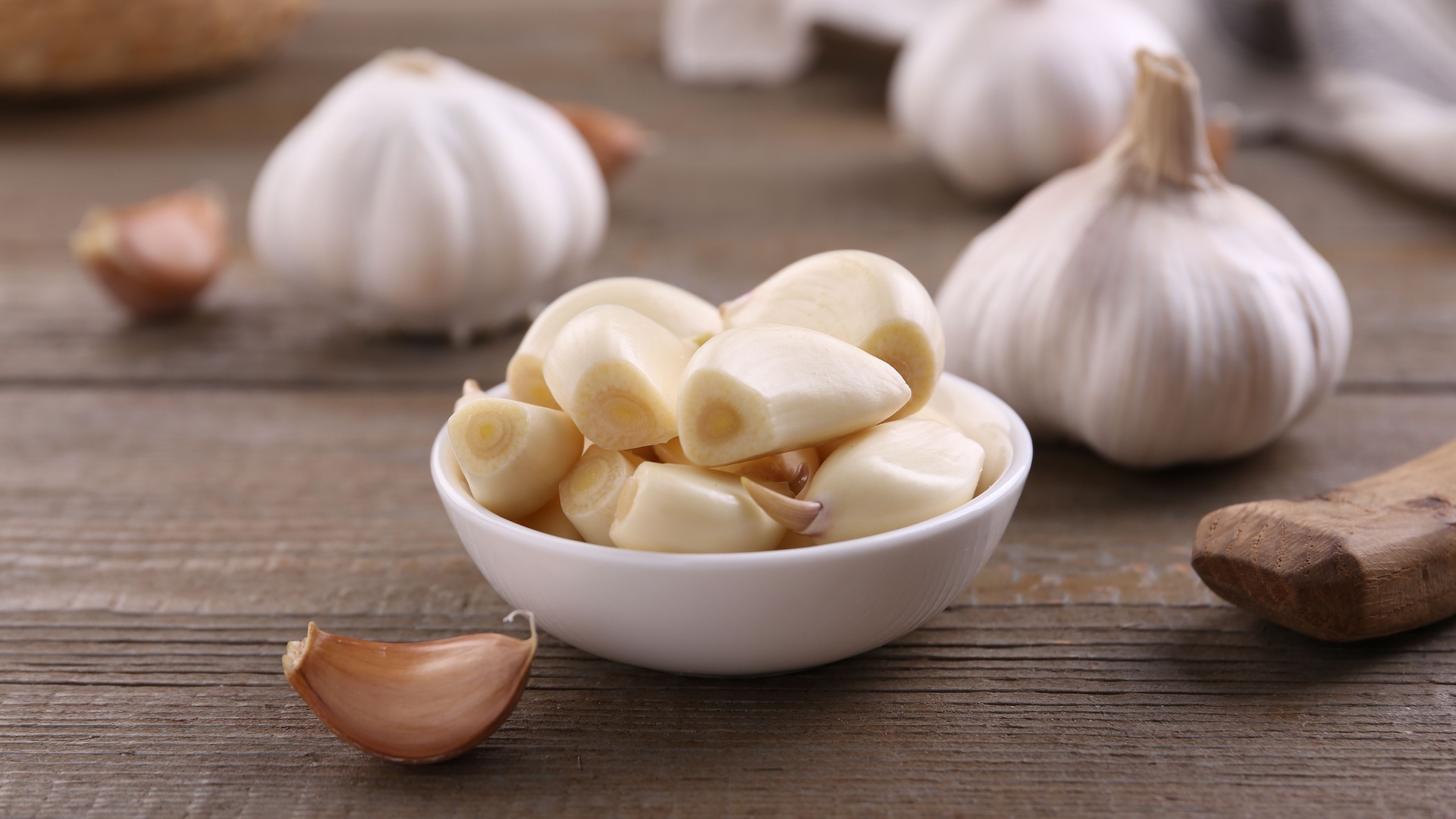
Garlic, whether the cloves or the leaves and flowers of wild garlic, is not advisable fodder for turtles. The odd nibble might not do them severe harm, but as a general rule plants from bulbs are not appropriate.
14. Candy
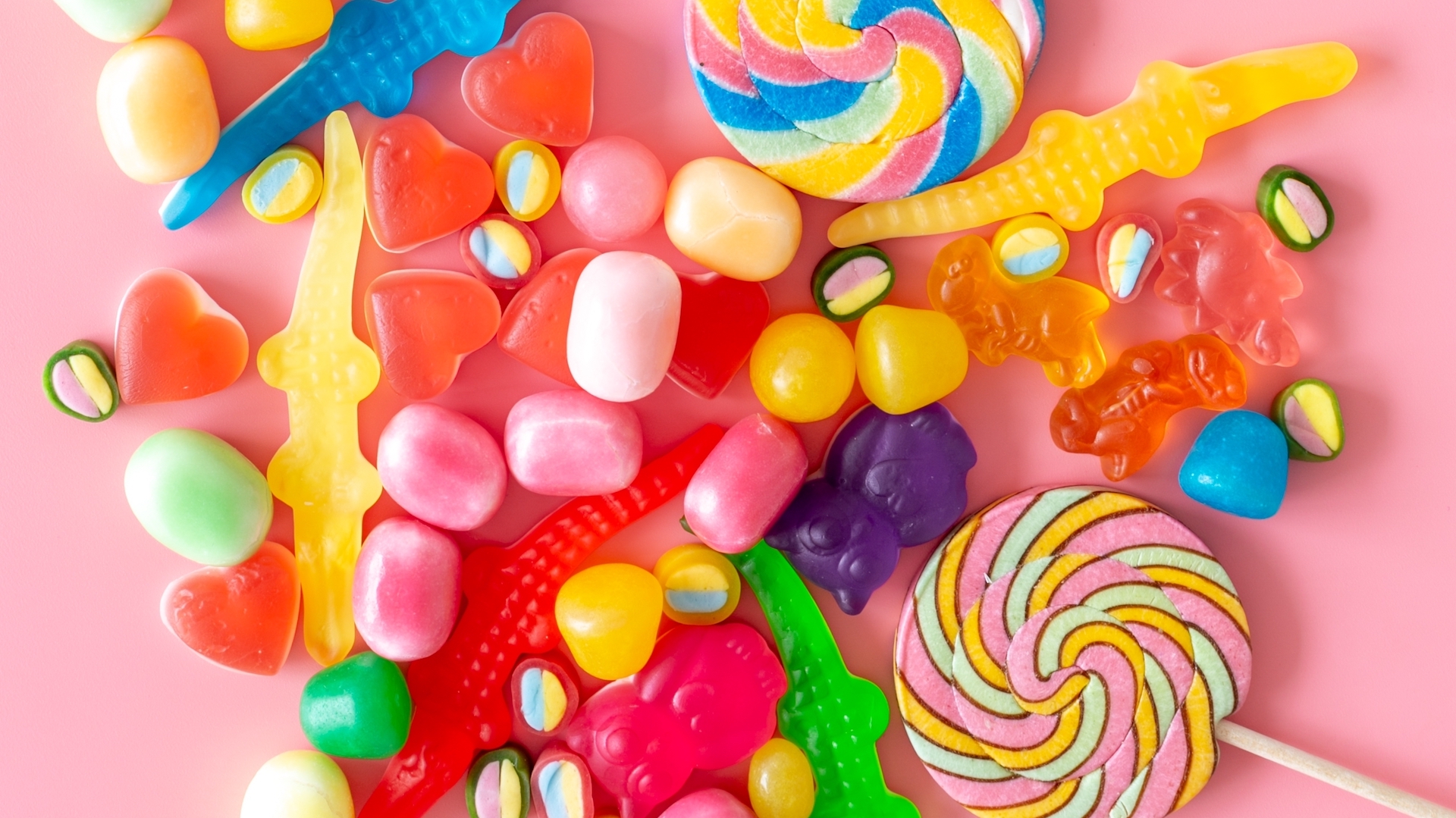
Candy has no nutritional benefits for any living creatures, and certainly not for turtles, who would never find a sherbet lemon in the wild! And while turtles don’t have teeth to rot, the high sugar content and minimal nutritional value of candy means it has no benefits.
15. Chillis
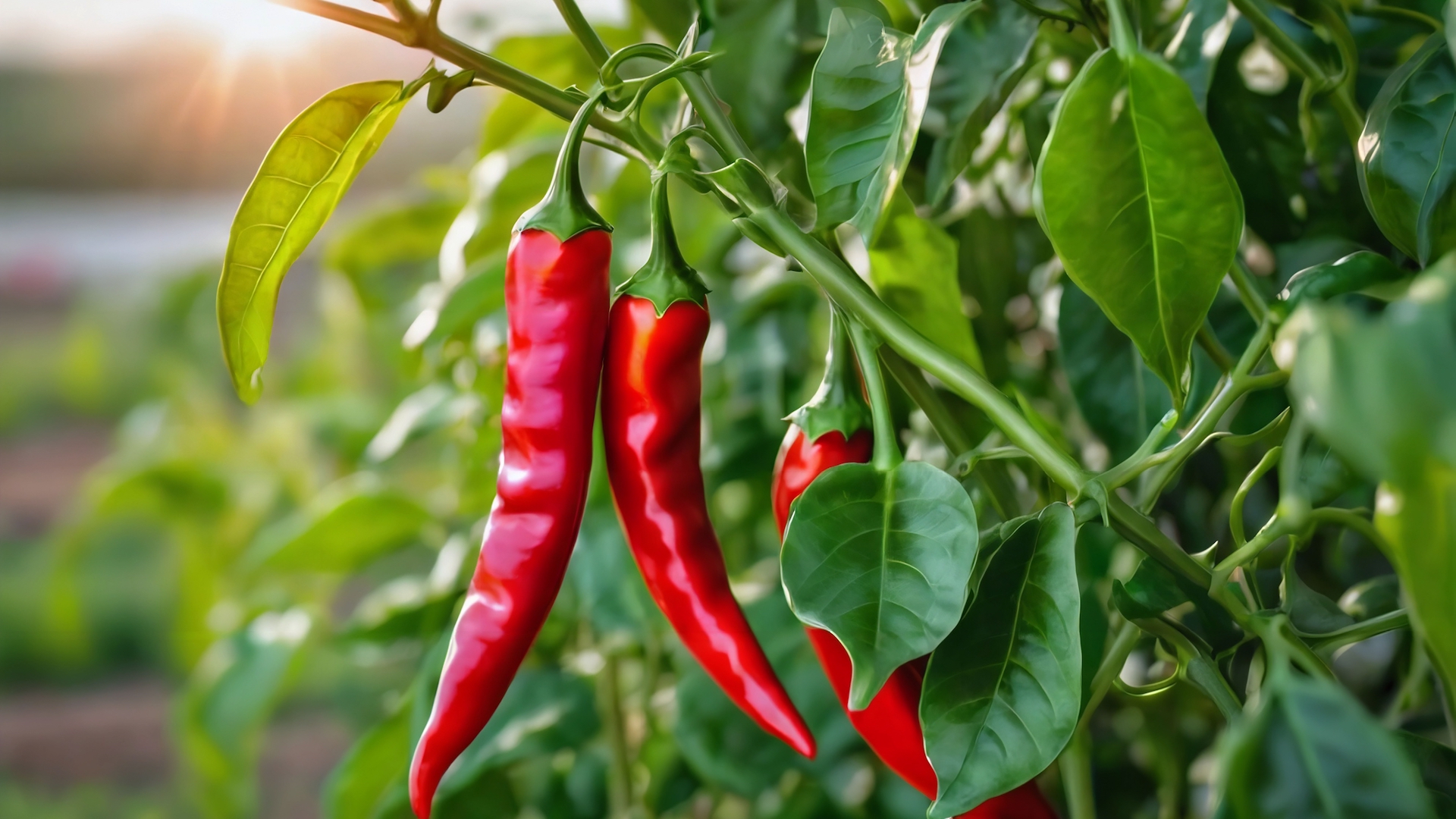
These hot and spicy peppers are from the same family as deadly nightshade and contains capsaicin, which is an irritant. Tortoises tend to gravitate towards red food, so don’t let them anywhere near chilies or you’ll have a fire-breathing reptile on your hands.
16. Broccoli
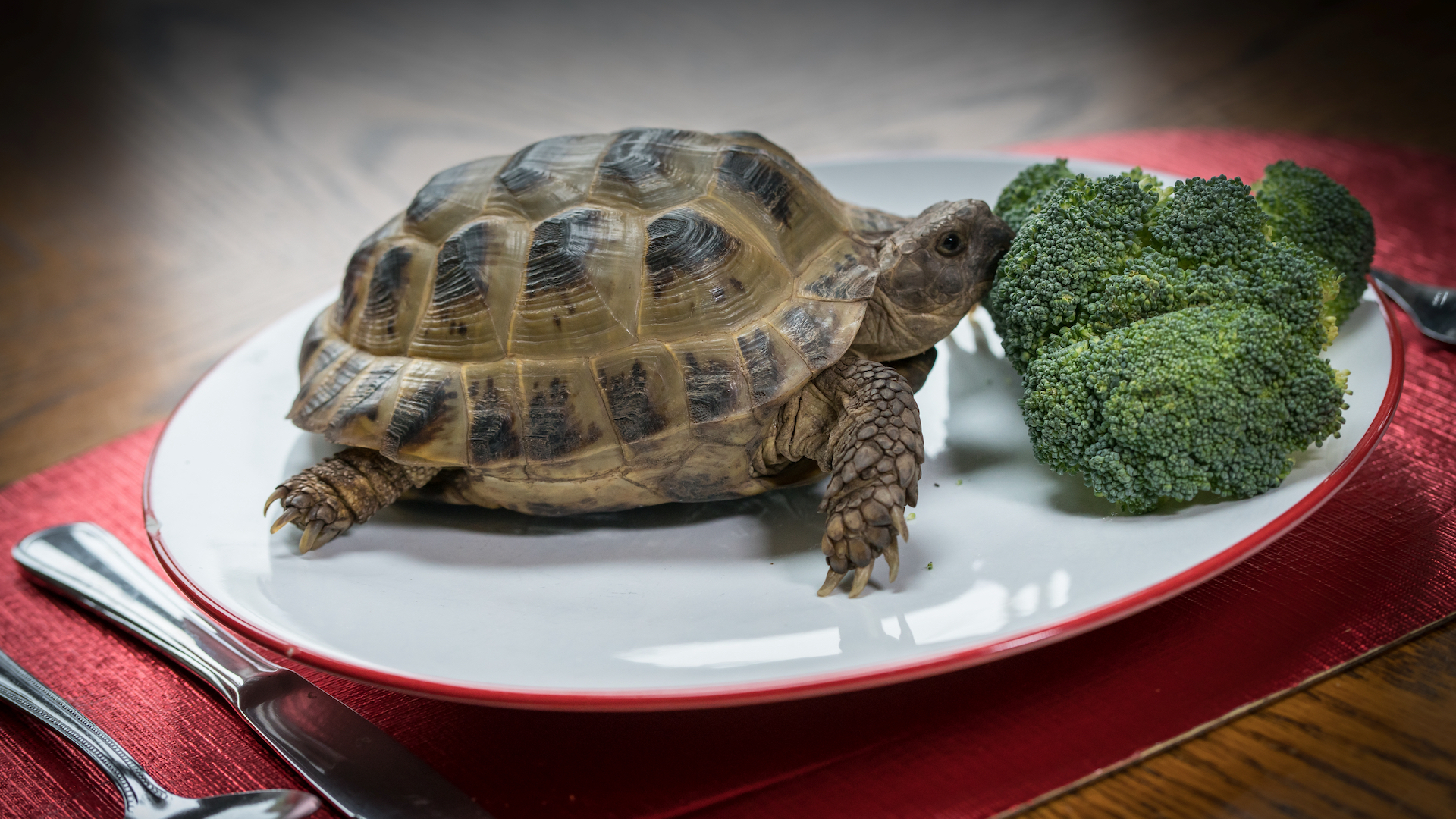
What could be wrong with the superfood broccoli? Plenty, if you’re a turtle. This vegetable contains goitrogens, which mess up turtles’ thyroid activity and can result in liver or kidney stones.
17. Cabbage
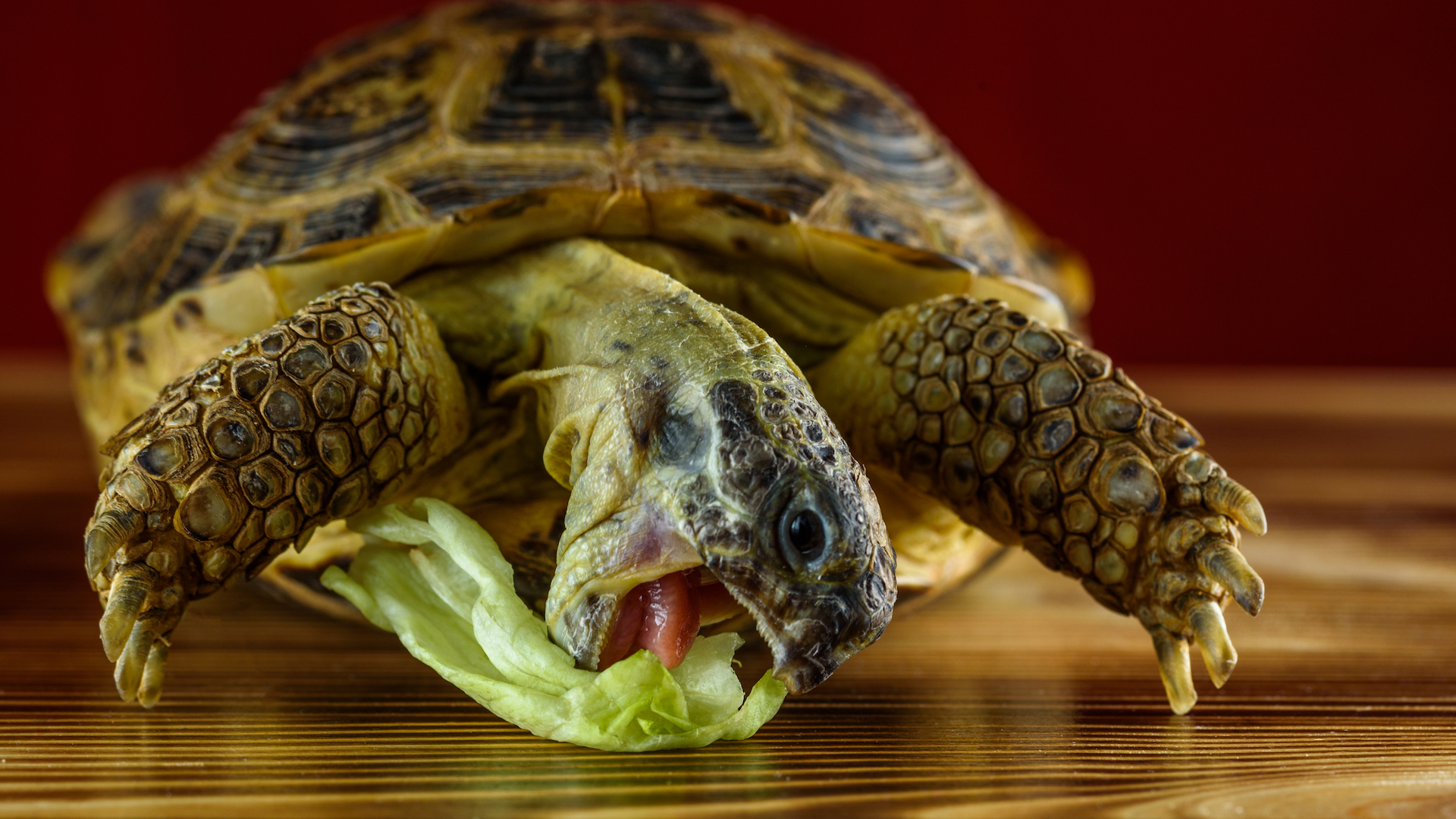
Like broccoli, cabbage comes from the Brassica family, and so while not fatally toxic, it can cause liver and kidney damage. Avoid all forms of cabbage – red, savoy, white and sweetheart.
18. Buttercups
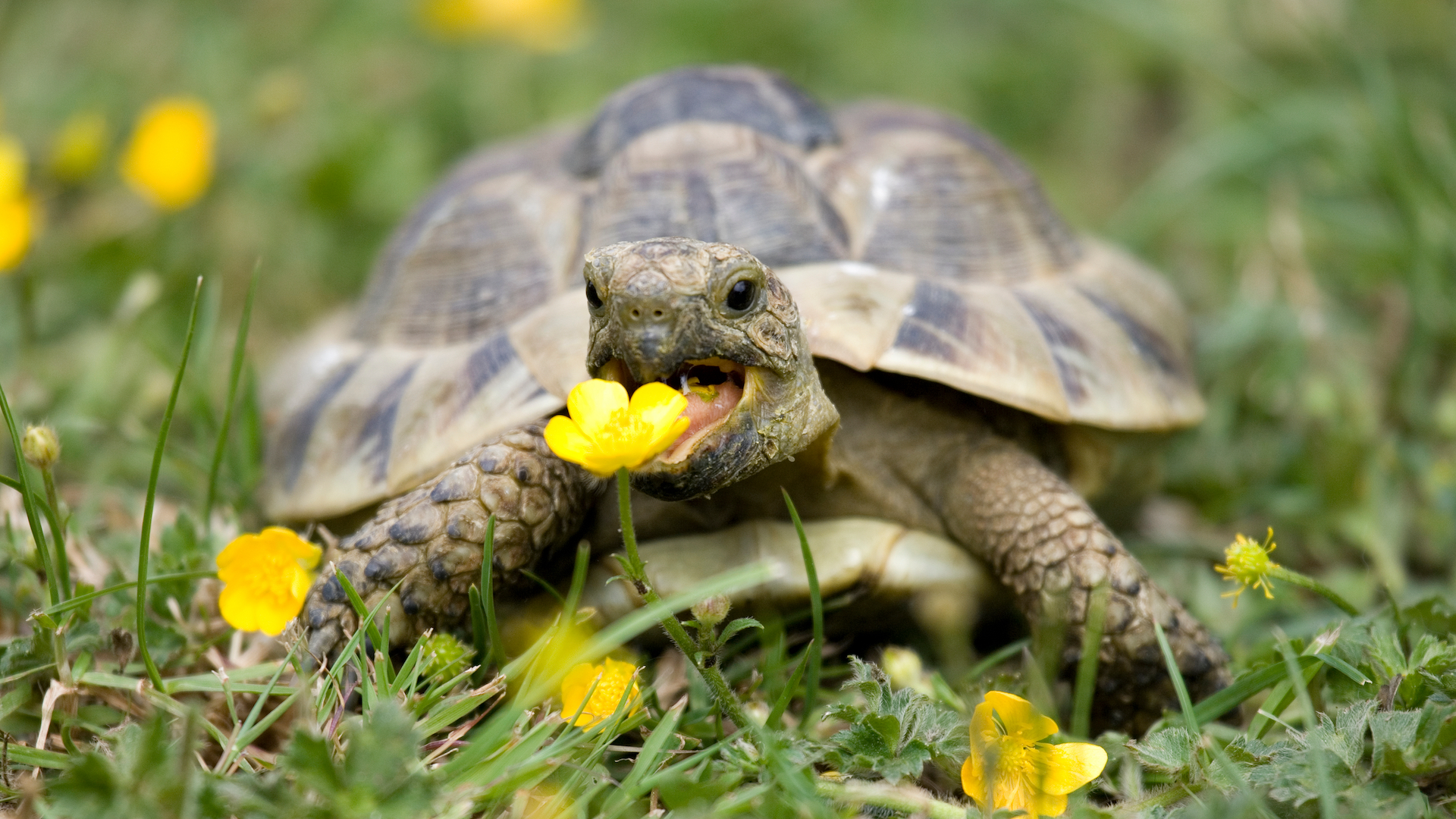
Some owners report their turtles eating buttercups with no ill health, but there is also a buttercup fatality on record after eating large quantities, so tread carefully around this golden little flower. Mildly toxic but not worth the risk.
19. Rhubarb
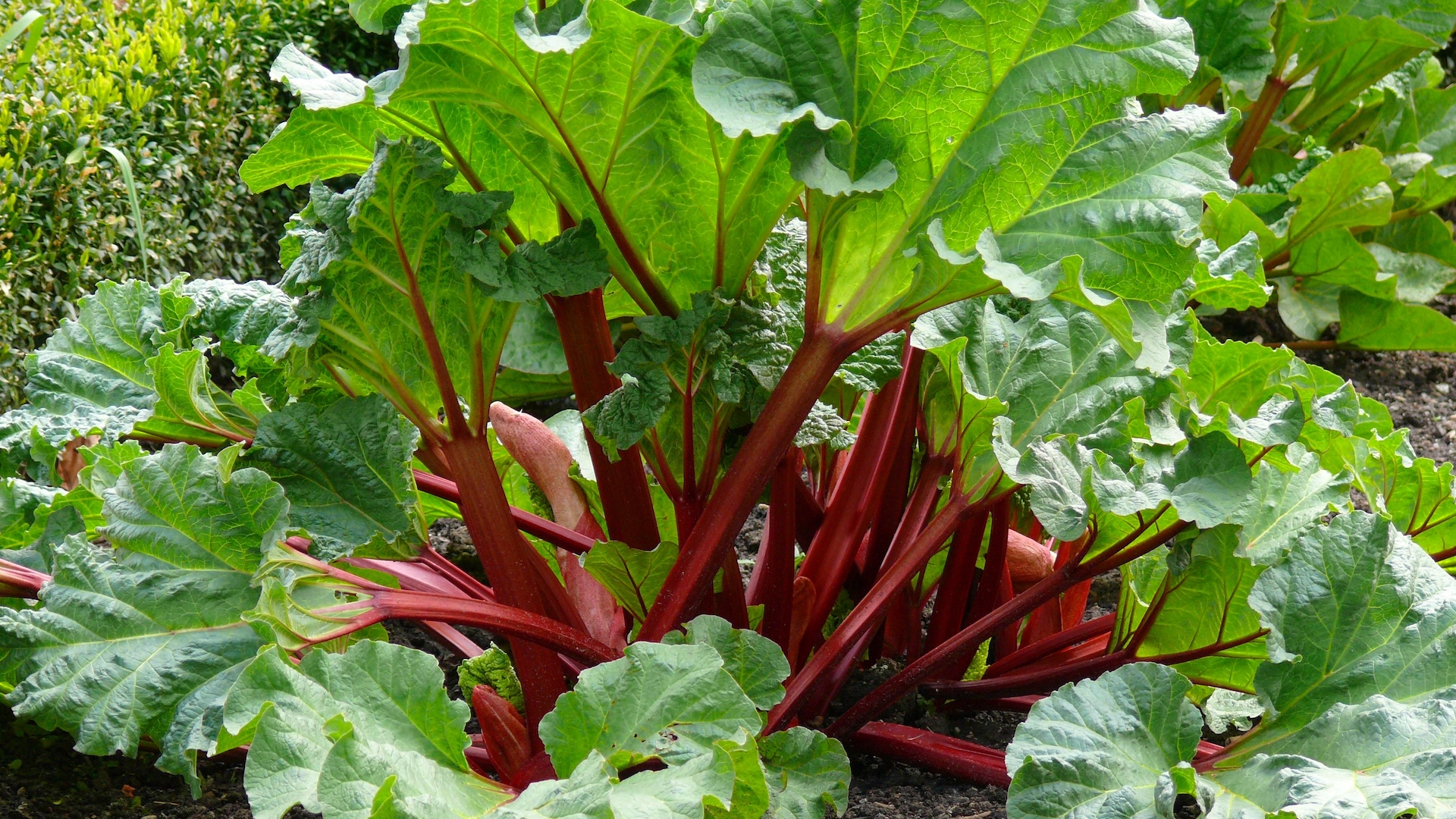
Rhubarb is a chancy vegetable even for humans – we can eat the stalks but not the leaves. However, for tortoises, even the pretty pink stalks are a no-go area. This plant is high in oxalic acid, preventing calcium absorption and causing damage to various vital organs.
20. Currants
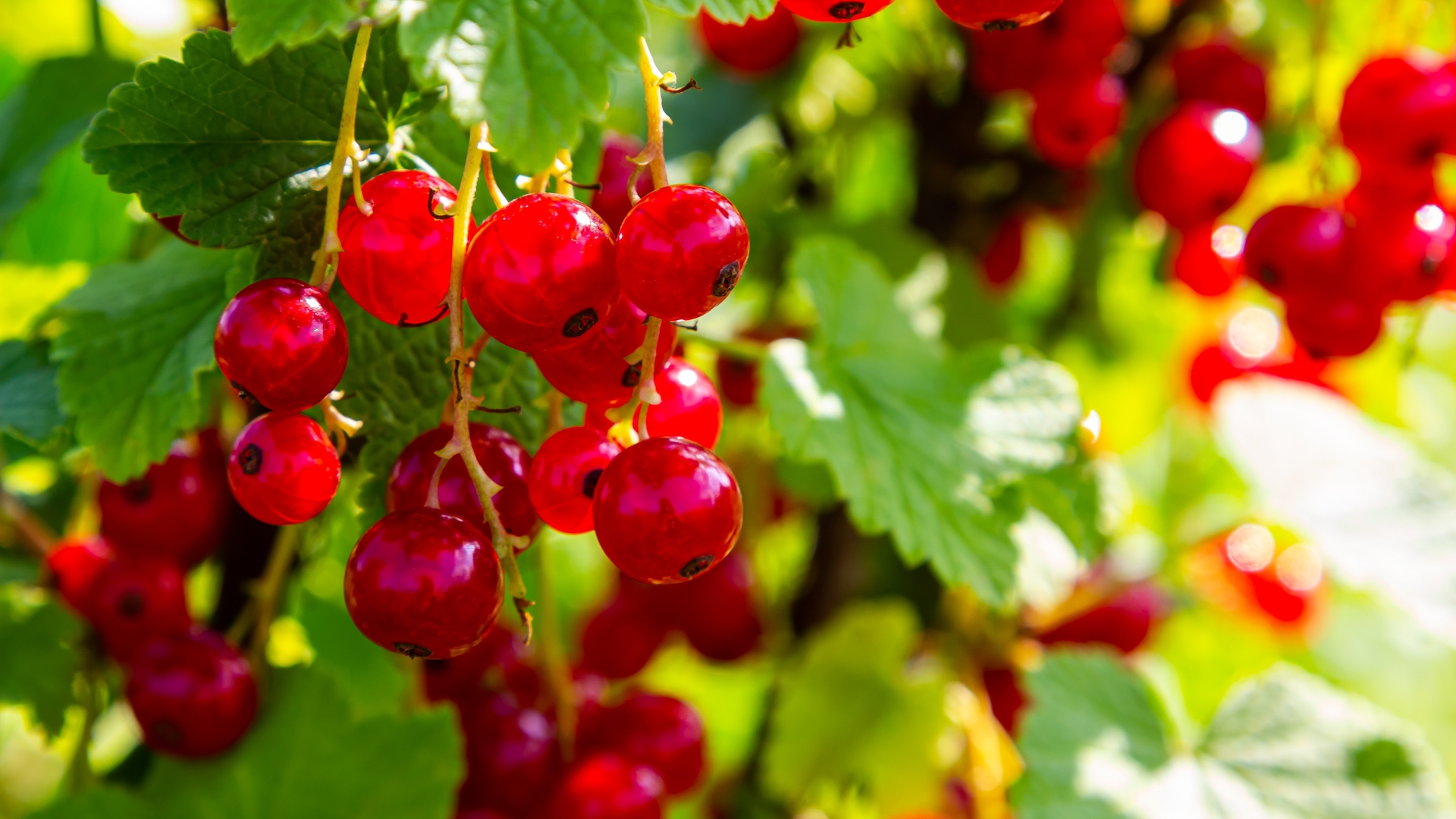
The leaves of red, white, and blackcurrants contain hydrogen cyanide which – as the name suggests – is highly poisonous. A nibble of a leaf is unlikely to cause damage, but it’s best to steer clear. However, for fruit-eating tortoises, the berries are tolerated in small quantities but due their bitterness they don’t tend to be particularly popular.
21. Eggplant
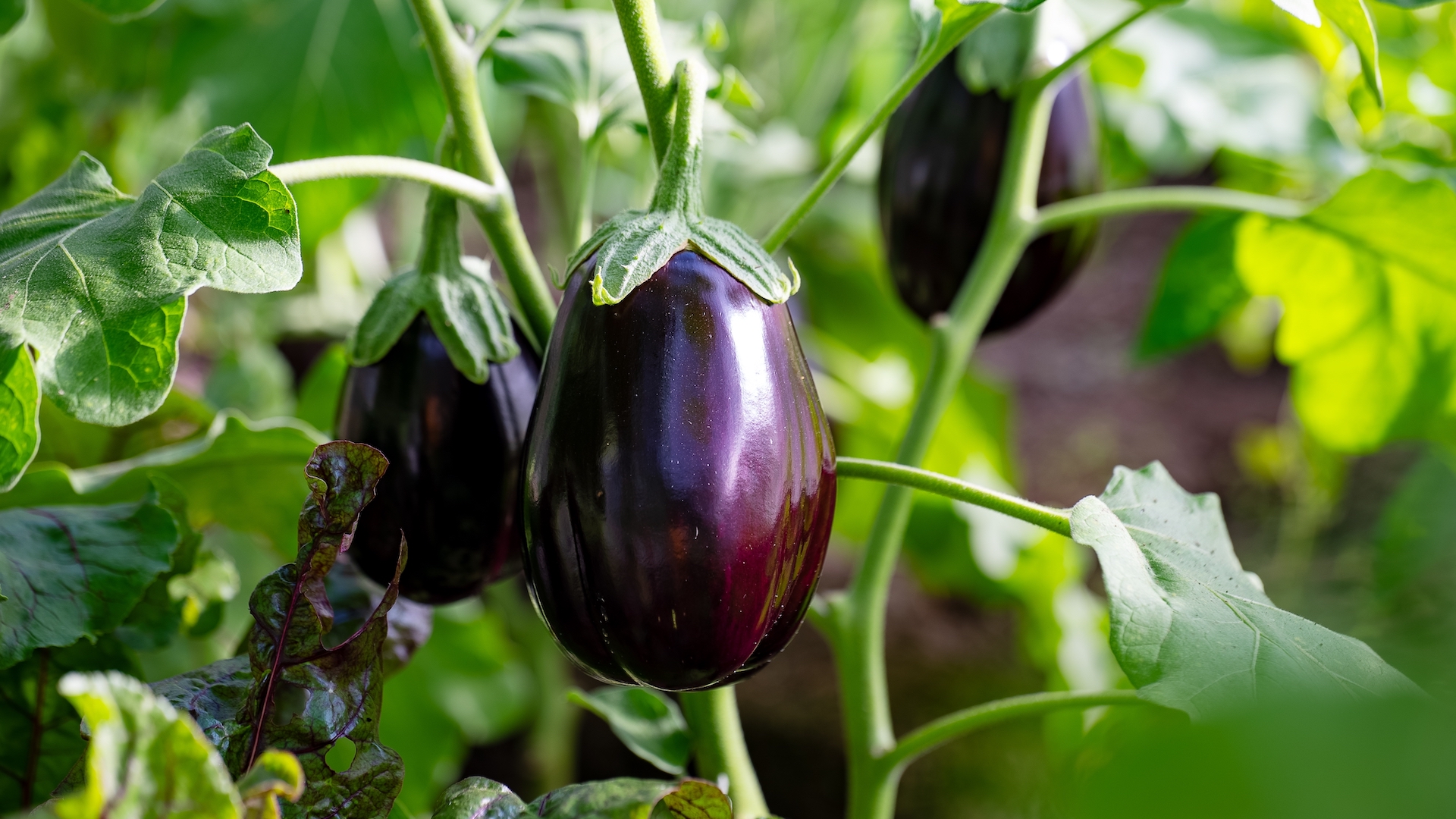
Eggplants are highly toxic, and especially the leaves. In common with other nightshade plants, they contain solanine, which is potentially fatal, causing gastrointestinal and neurological disorders.
22. Onion
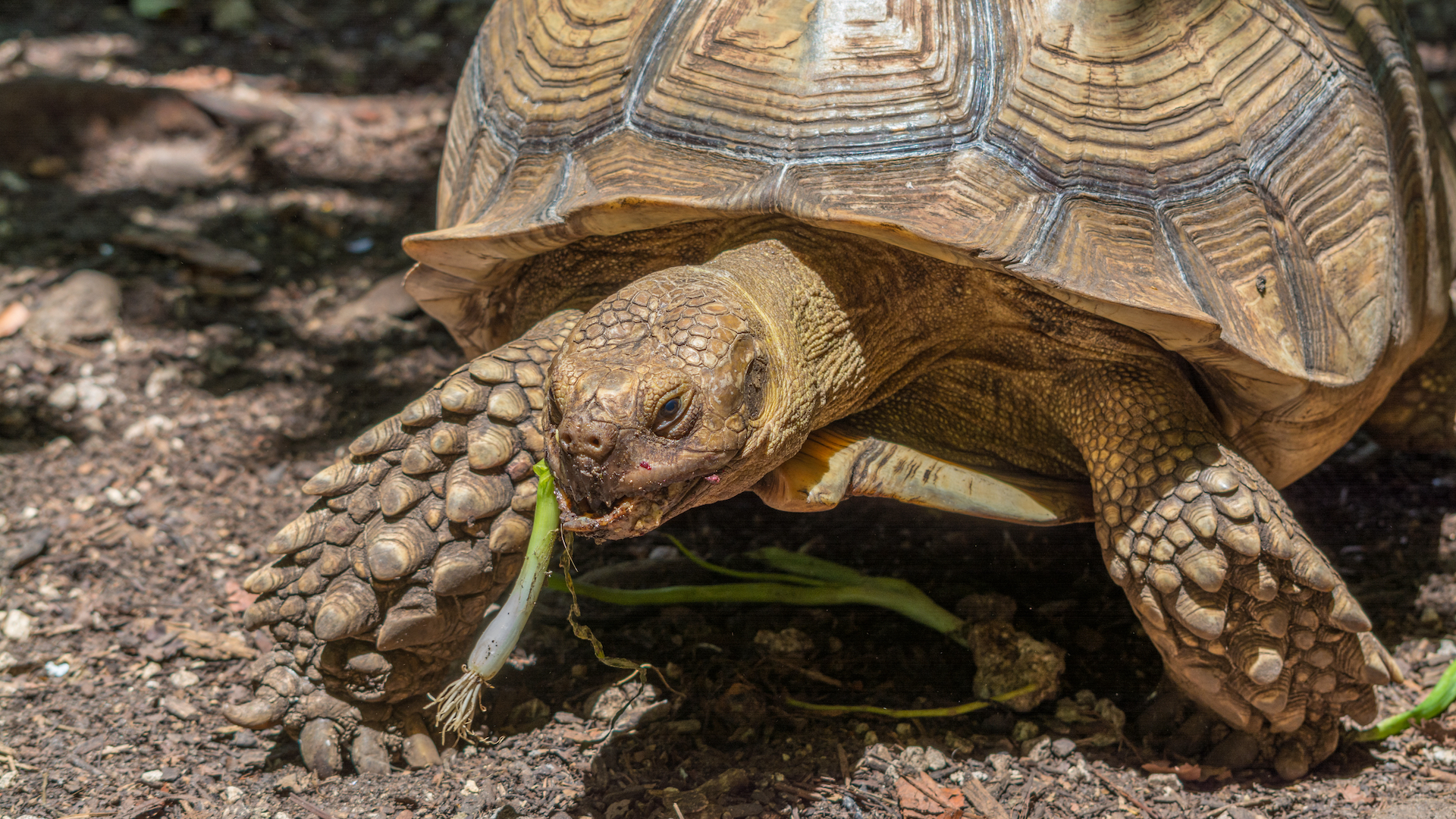
Onions are toxic to a range of animals, including birds, horses, and dogs. In common with other plants grown from bulbs, it is likely they could cause serious illness in tortoises as well.
23. Pomegranate
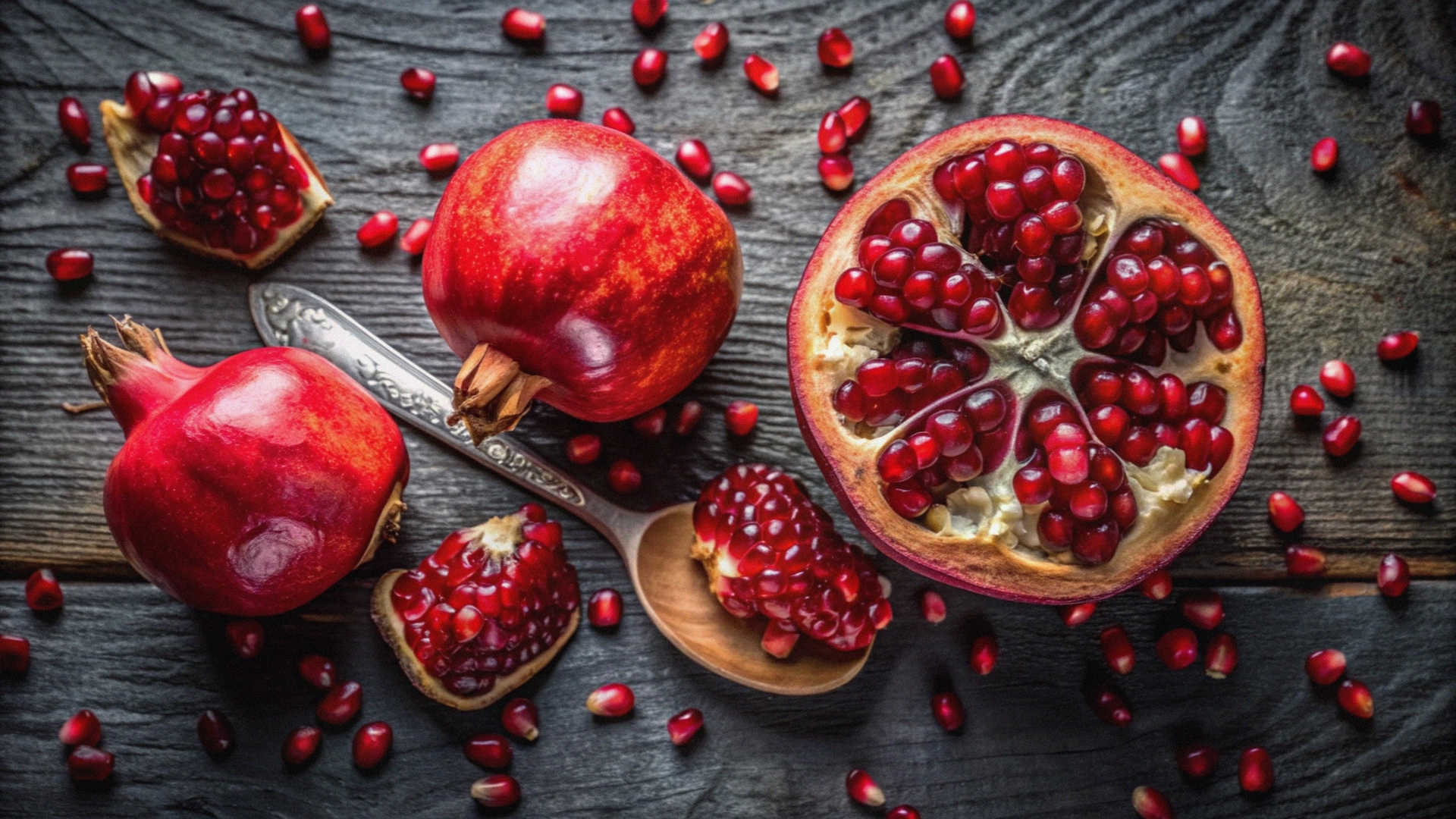
This jewel-like gourd isn’t actually toxic, and some fruit-eaters can tolerate it. However, it contains a lot of tannins, which can interfere with iron, zinc, and calcium absorption.
24. Tomato
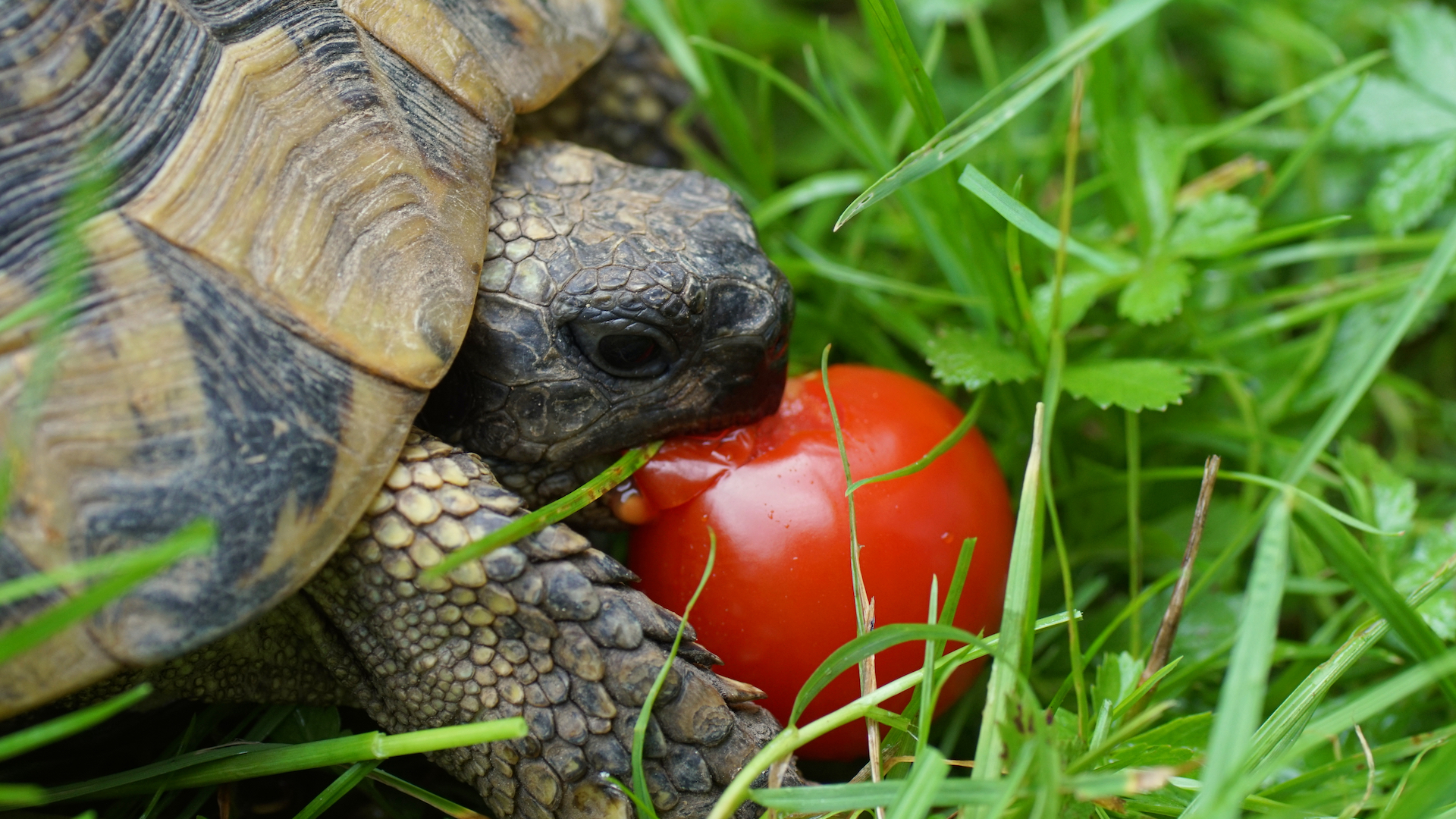
Tomatoes come from the nightshade family, and contain toxic alkaloids. Unripe fruit, leaves and stems are especially poisonous, while even ripe fruit has little nutritional benefit, so it is not recommended. While fruit-eating tortoises tend to enjoy the taste, tomatoes are high in sugar and phosphorous, low in calcium and fiber – the polar opposite to what a turtle needs.
25. Parsnip
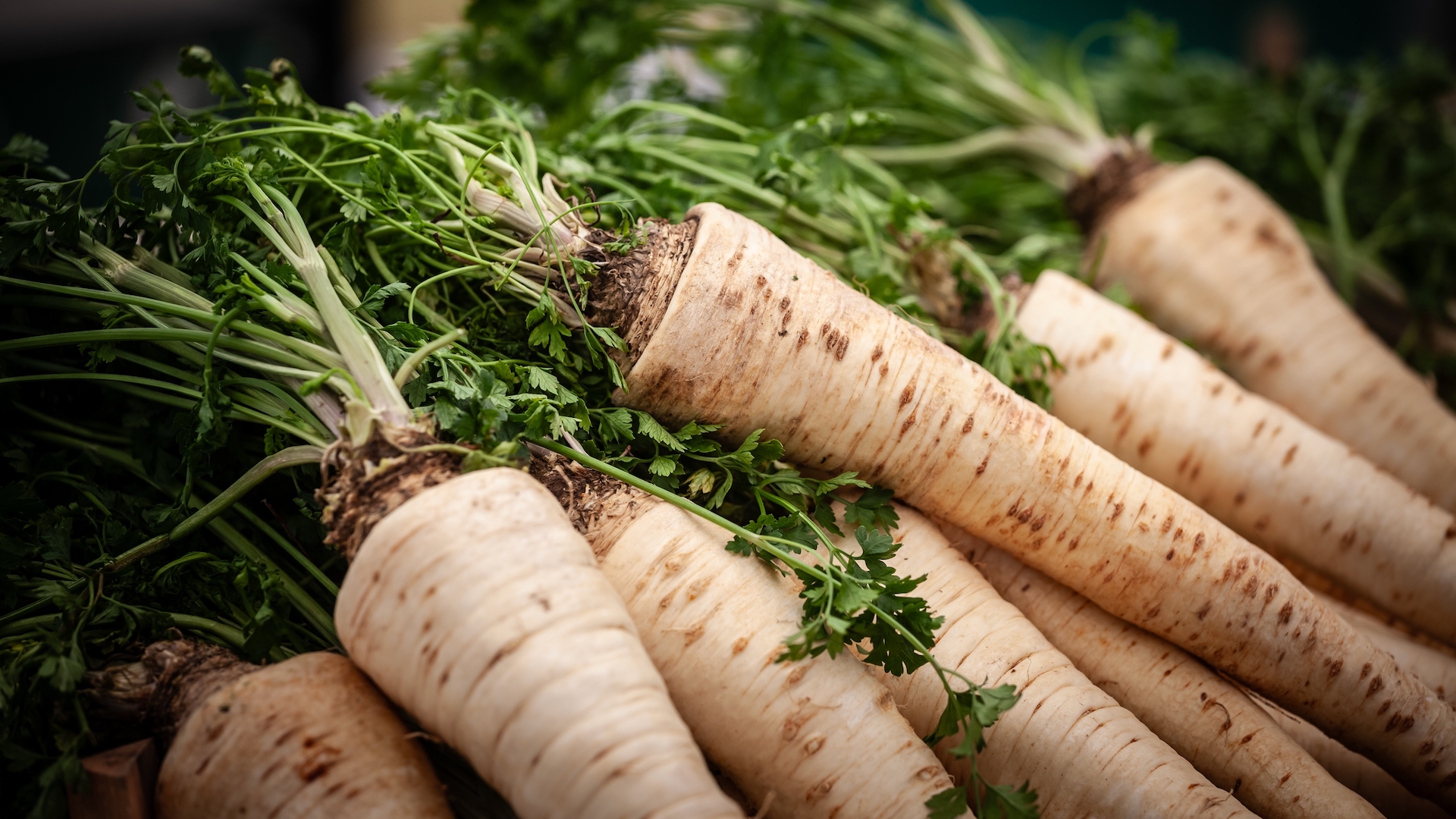
This root vegetable contains a chemical that can cause photosensitivity in some livestock and despite the different nature of a turtle’s skin it is not recommended in their diet. Parsnips are high-carb and have an unfavorable ratio of calcium to phosphorus.
26. Gooseberries
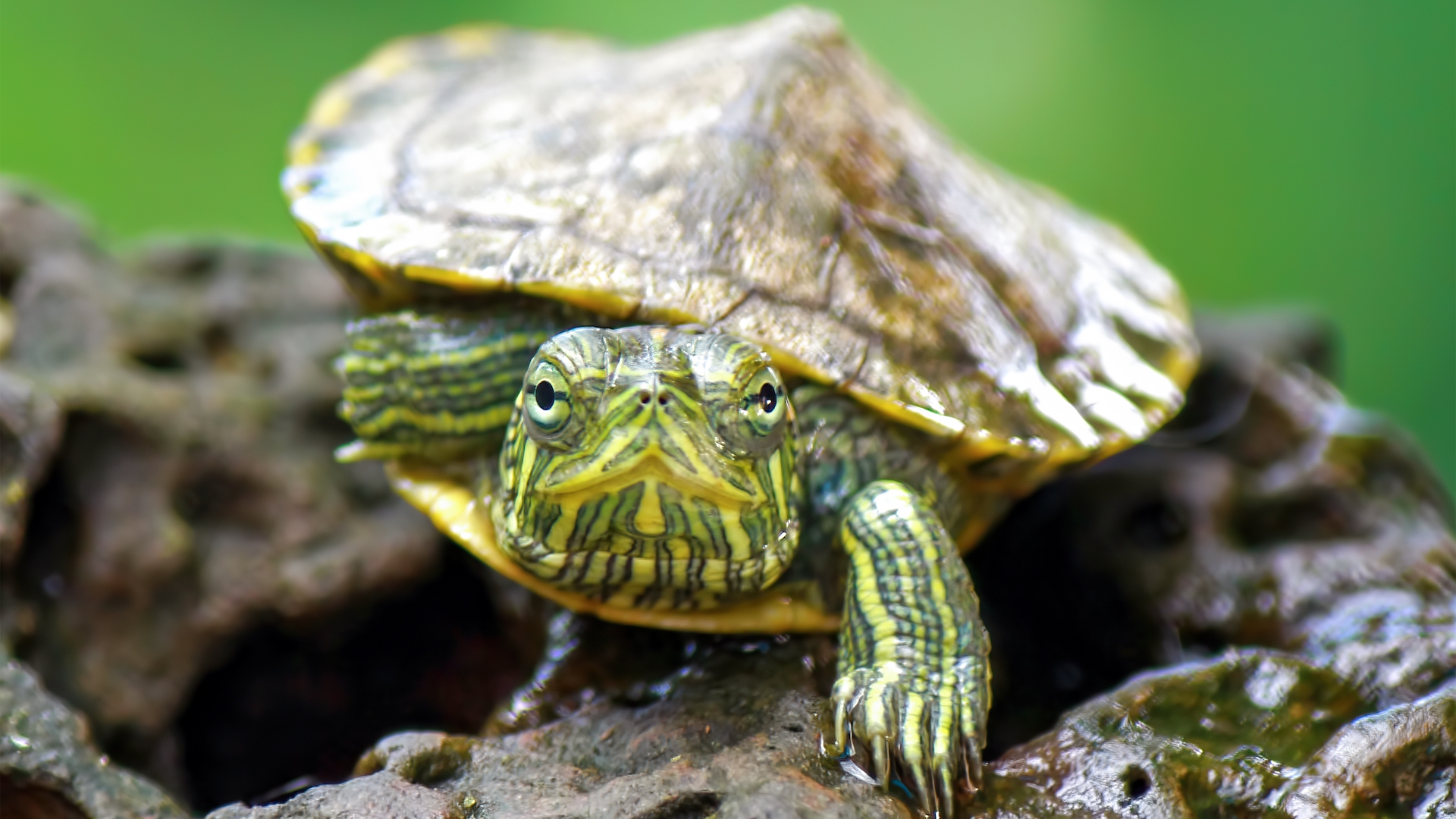
Like currants, gooseberry leaves contain hydrogen cyanide which may cause serious problems. Fruit-eaters may be able to tolerate small amounts of the prickly green fruit, although they will probably only find them palatable when they’re super ripe and turning pink, and they’re hard to separate from their leaves.
27. Mushrooms
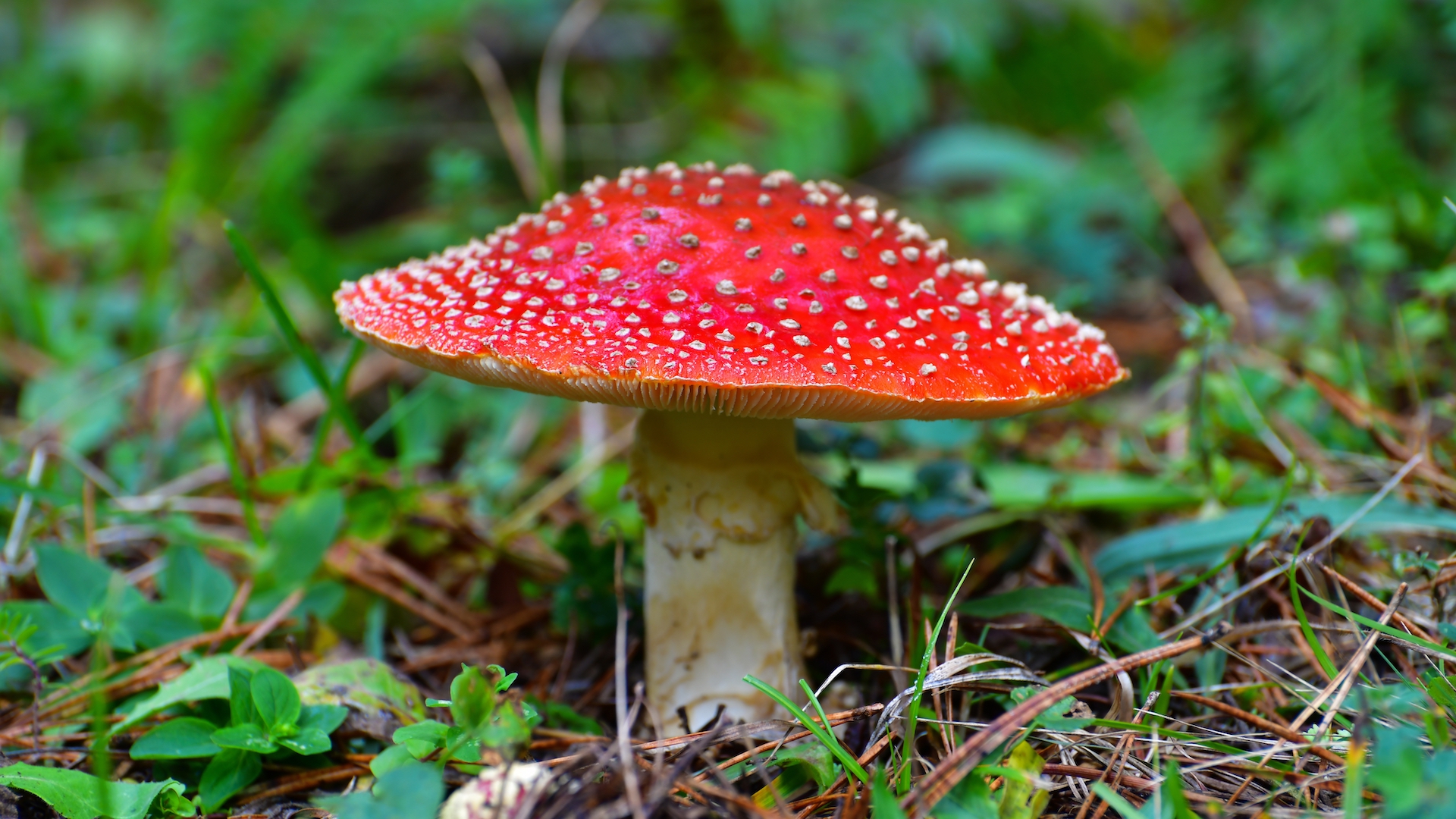
It should go without saying that the terrifying red toadstool is highly poisonous, and many mushrooms are toxic to varying degrees. Edible mushrooms are high in protein and should only be fed sparingly if at all, and only to certain species that can tolerate the protein levels.
28. Bean sprouts
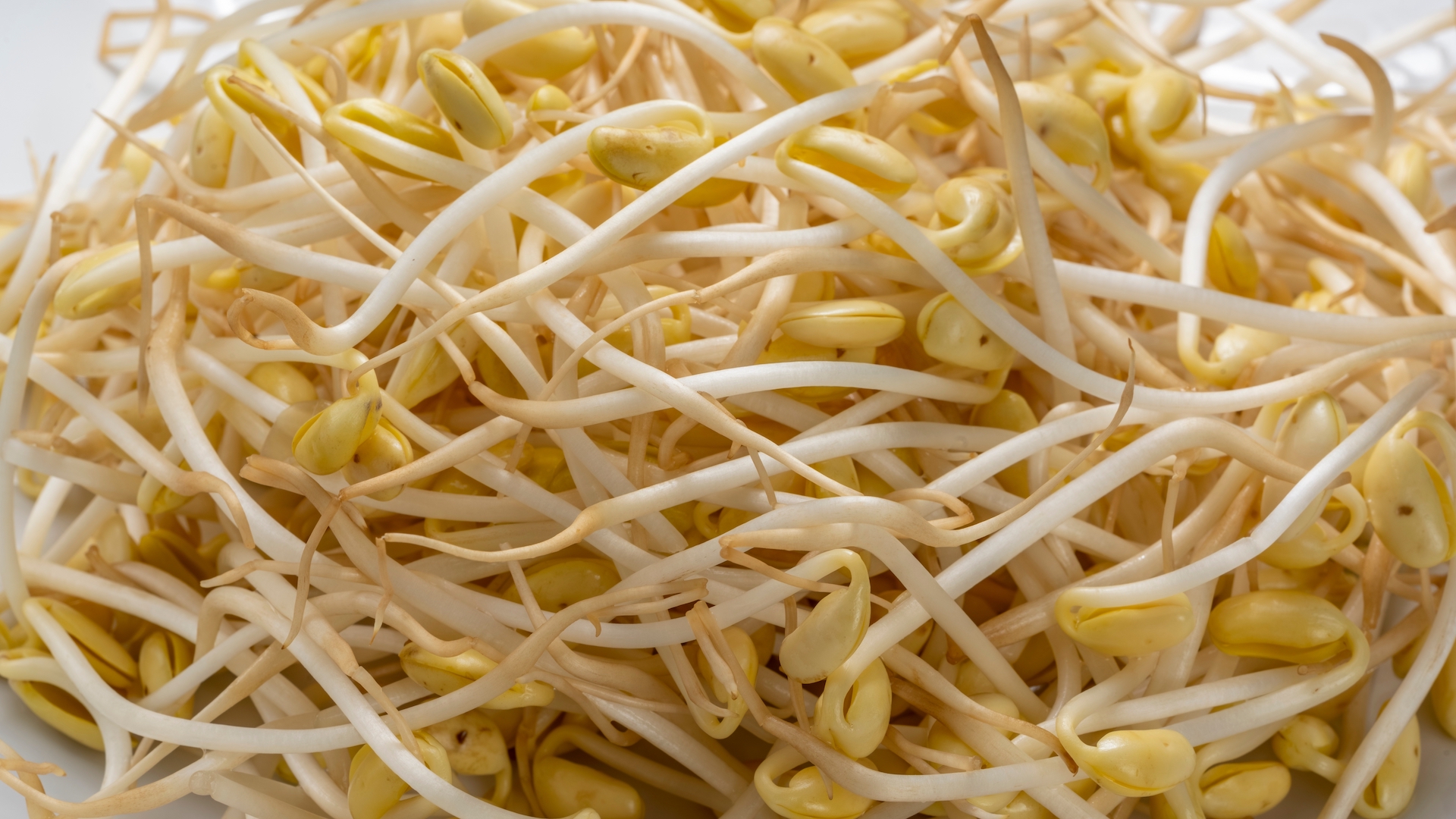
This human health-food has the opposite effect on our shelly friends, being far too high in protein for their good. Excessive levels of protein can cause too much growth, which can lead to shell deformities and metabolic bone disease as well as overtaxing the kidneys. Many sprouting beans also contain phytic acid which inhibits calcium absorption, so they have no place in a turtle diet.
29. Cookies
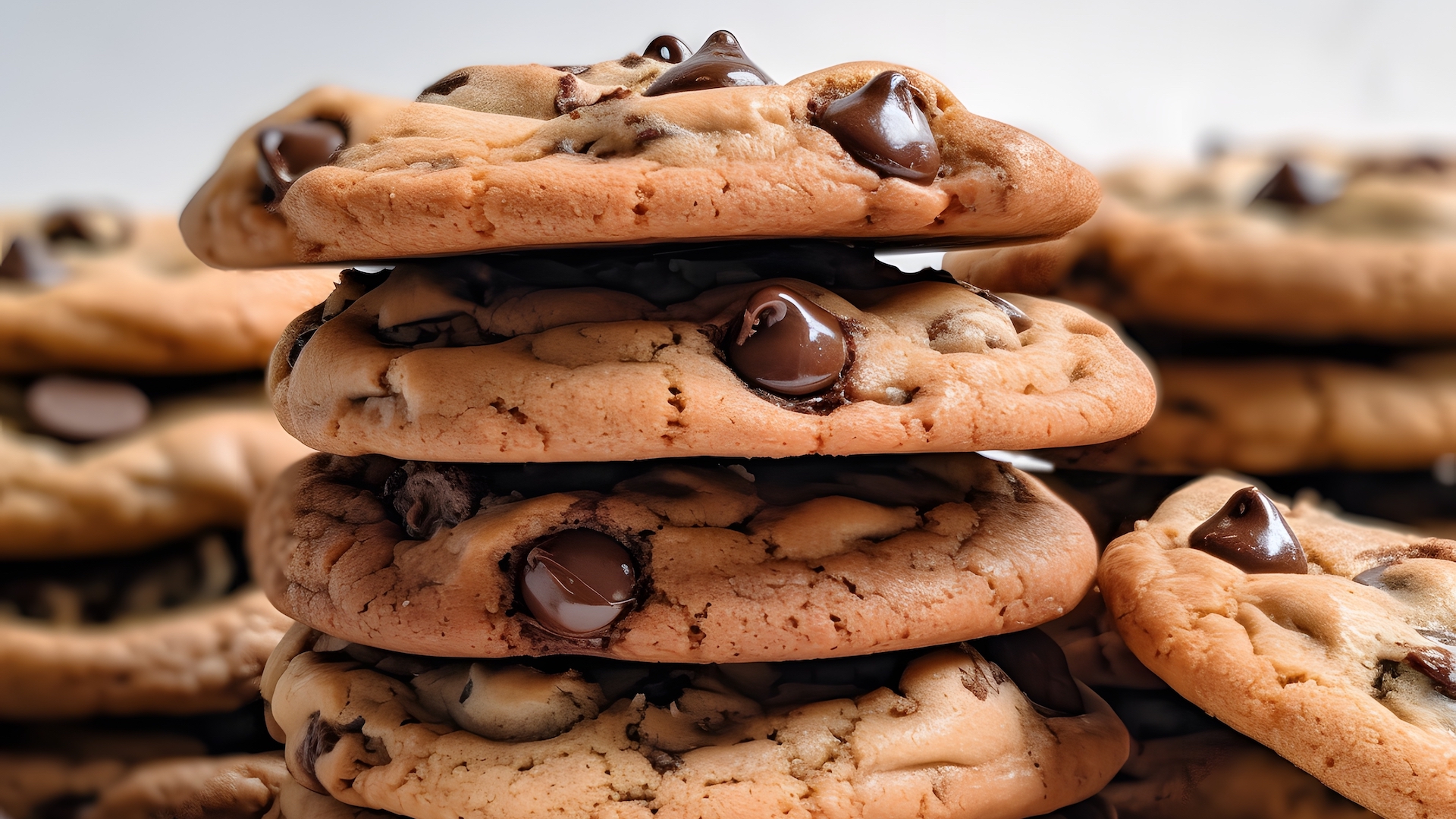
Your turtle will probably gobble up a chunk of cookie with alacrity, but it won’t do him in any good. Turtles are high in fat and sugar, potentially contain toxic chocolate and dairy, which is not well tolerated. Keep the cookie to yourself.
30. Spinach
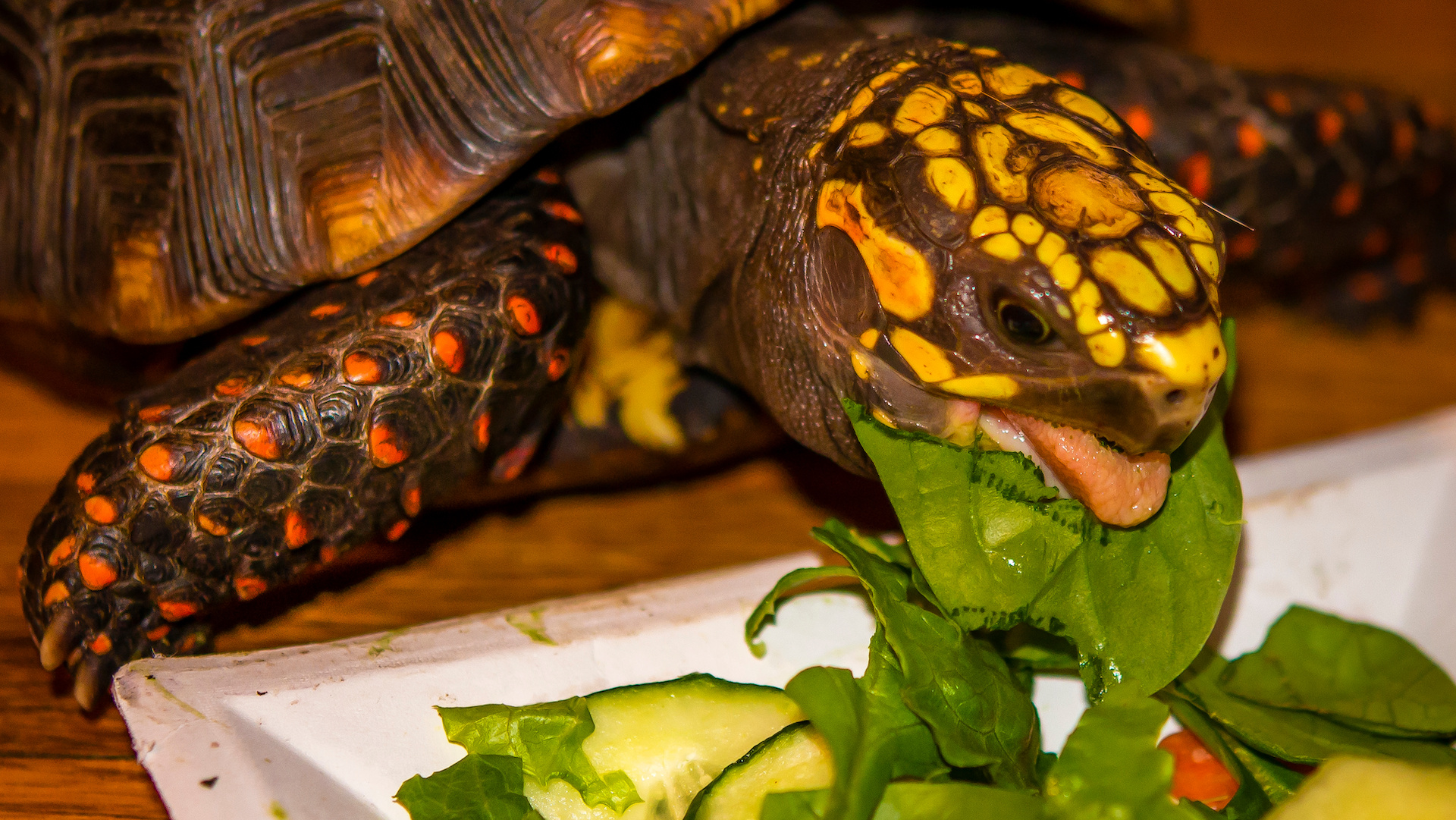
While dark leafy greens generally get the thumbs-up on the turtle dinner plate, spinach is an anomaly. It does contain plenty of calcium, like other leafy greens, but this is nullified by its oxalic acid, which prevents the calcium from being absorbed. Back to square one.
It also contains calcium oxalate crystals which can cause irritation to the skin, mouth, and throat.
31. Crab sticks
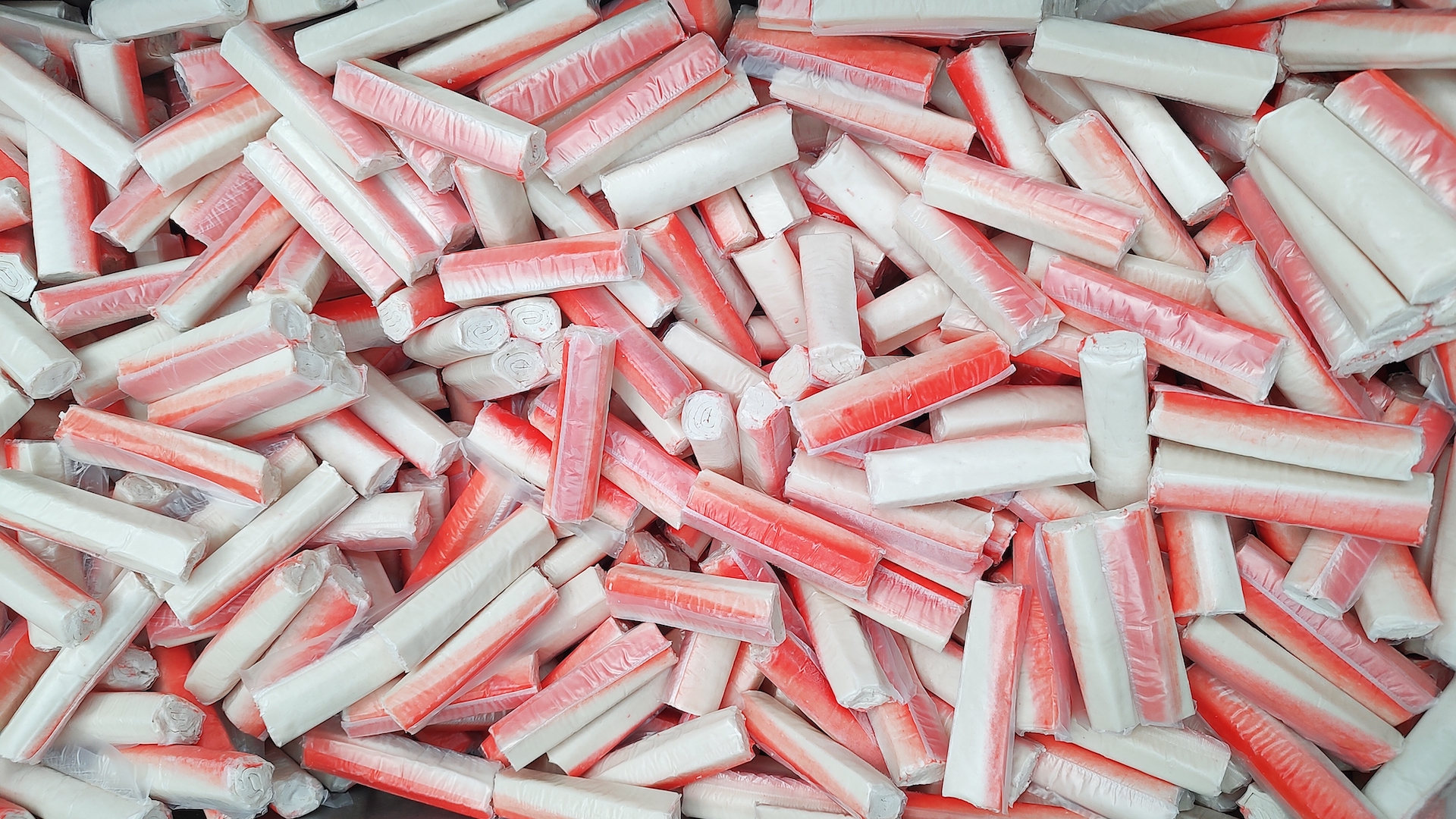
Don’t confuse reptile sticks with crab sticks. Reptile sticks are specially made for aquatic reptiles, providing all the nutrients they need. Crab sticks, on the other hand, are a processed snack for humans. Although turtles may enjoy real crab meat, the high levels of processing and preservatives in crab sticks make them unsuitable for turtles.
32. Yogurt
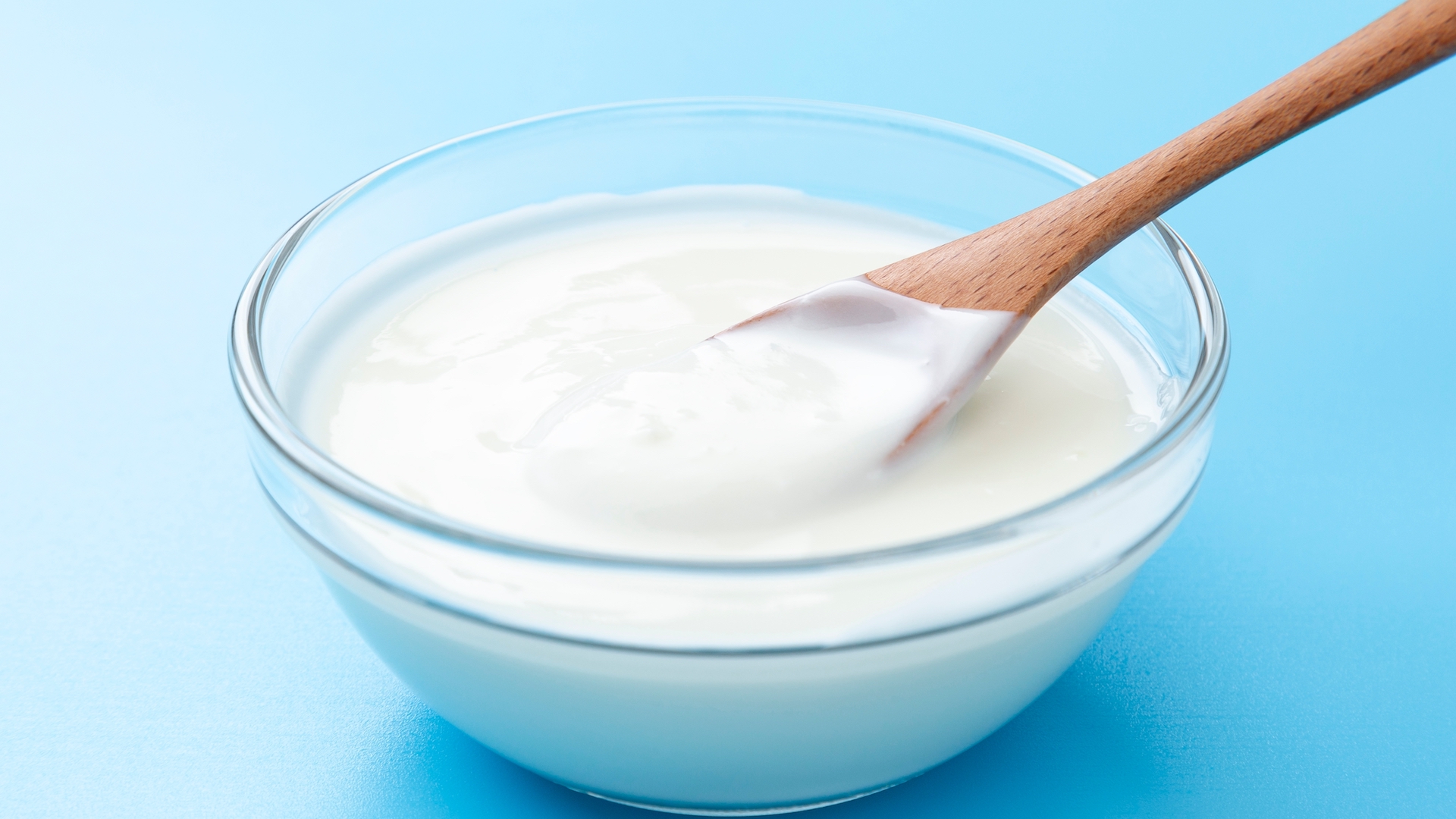
Turtles do not digest dairy products – even plain yogurt. They never encounter dairy in the wild, so their digestive systems are not set up to cope with it.







